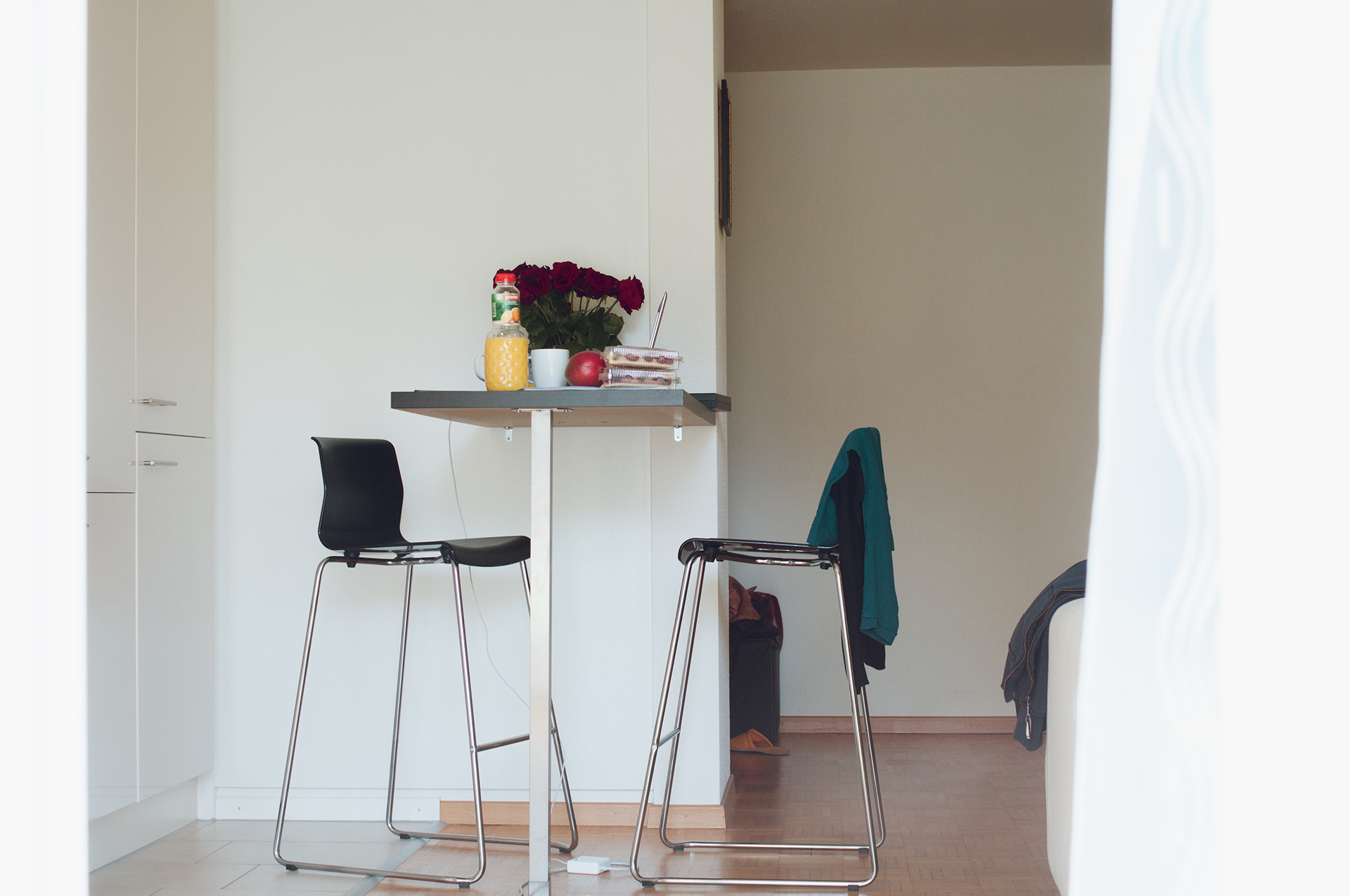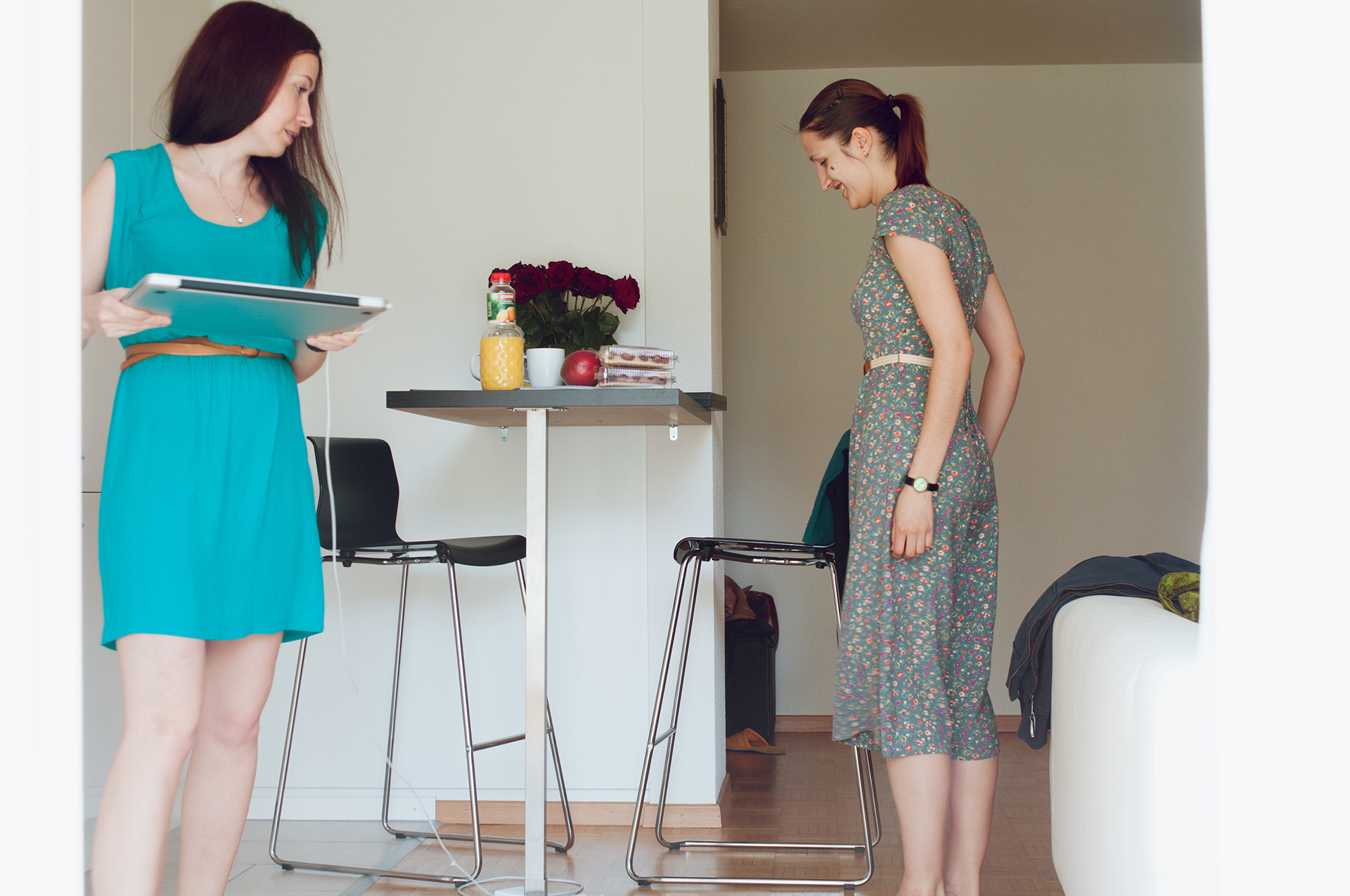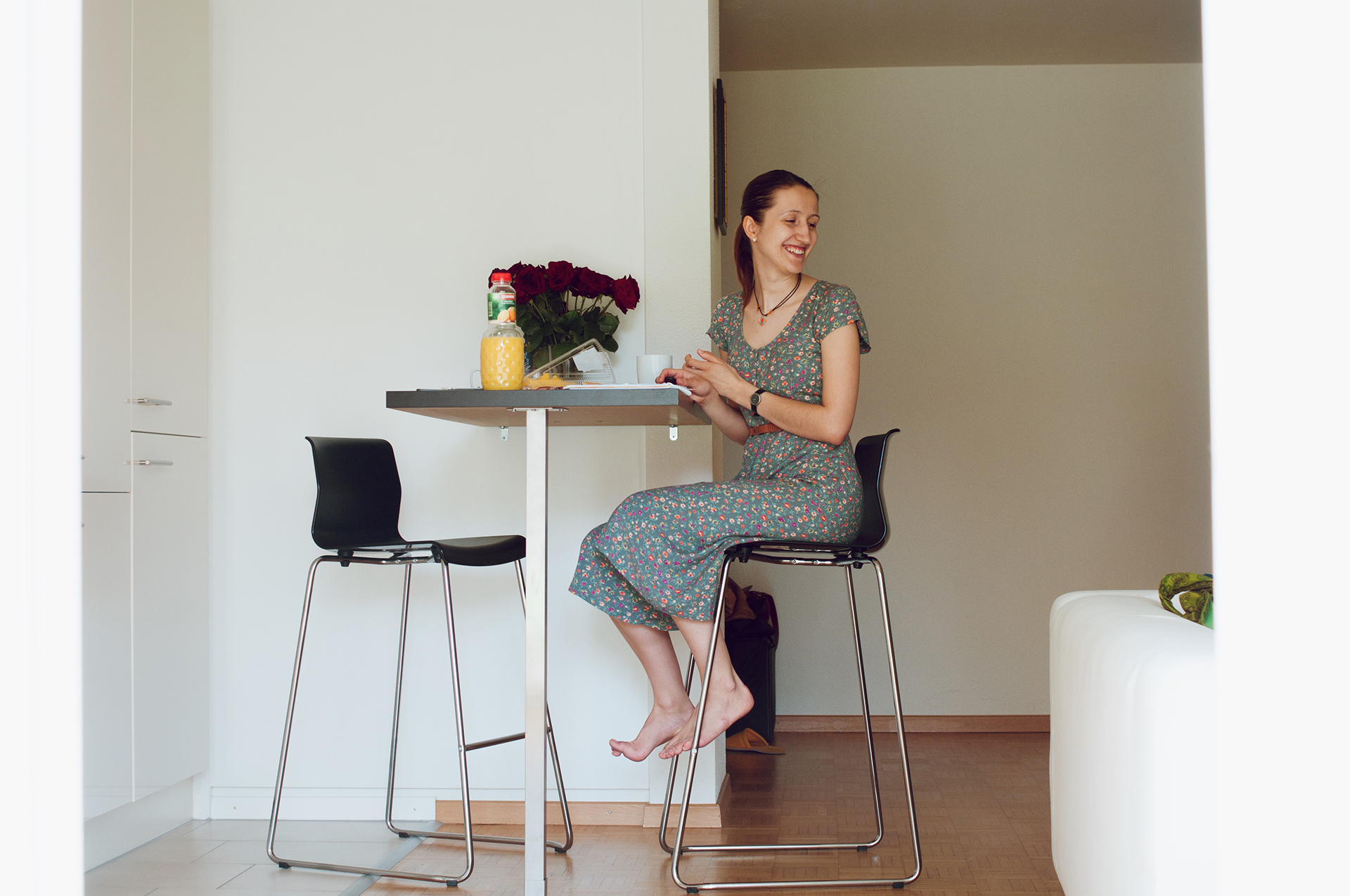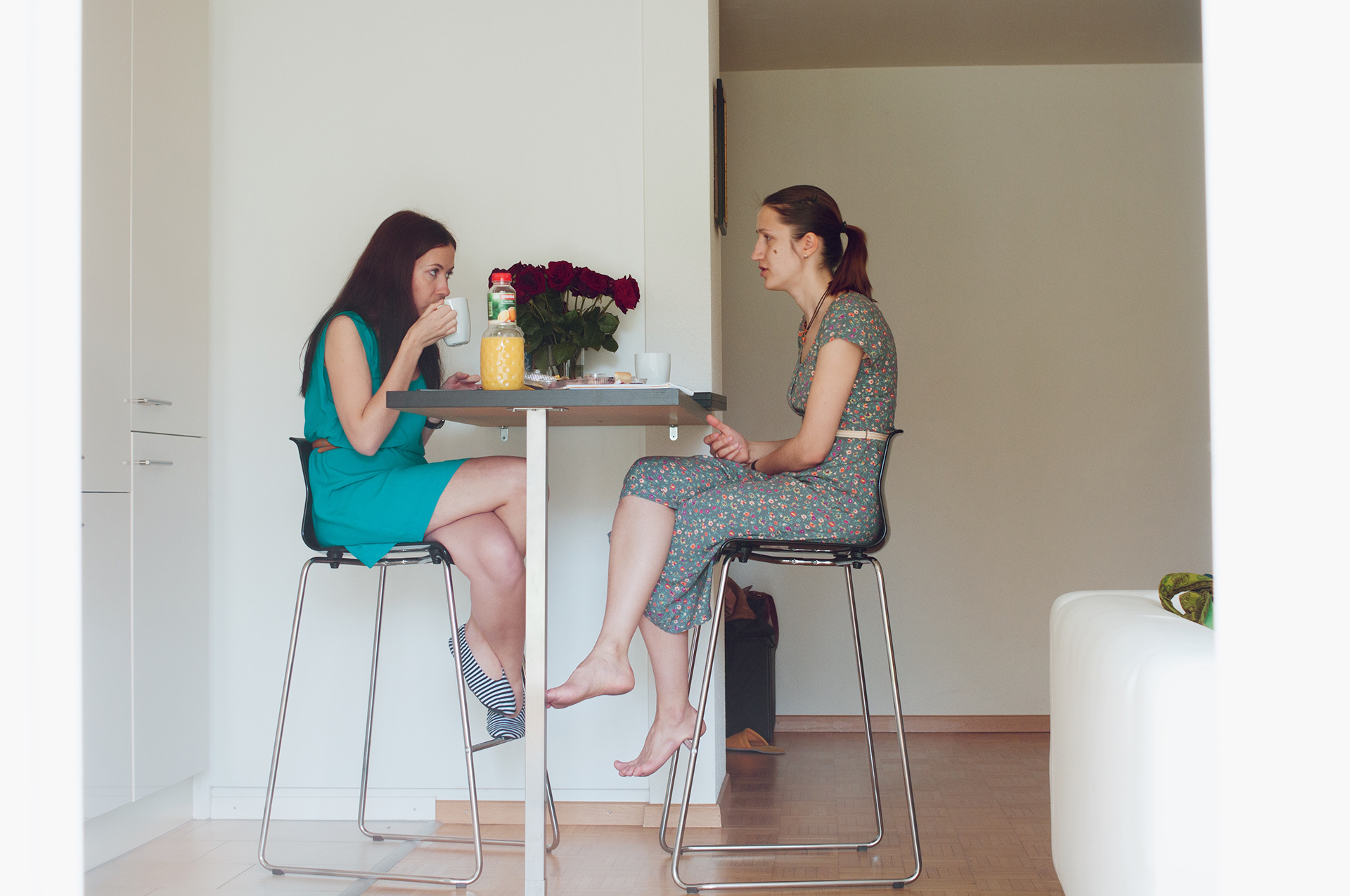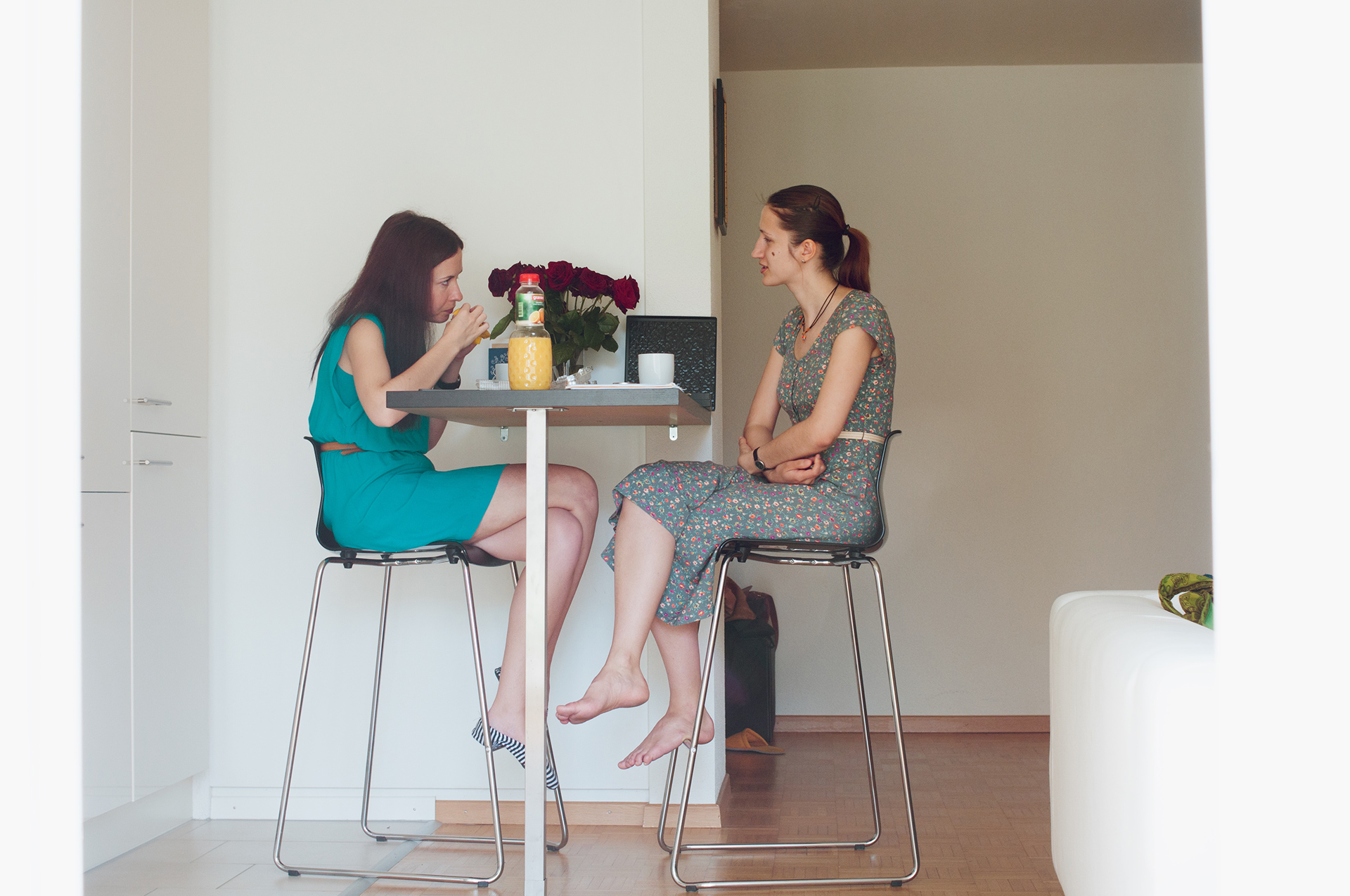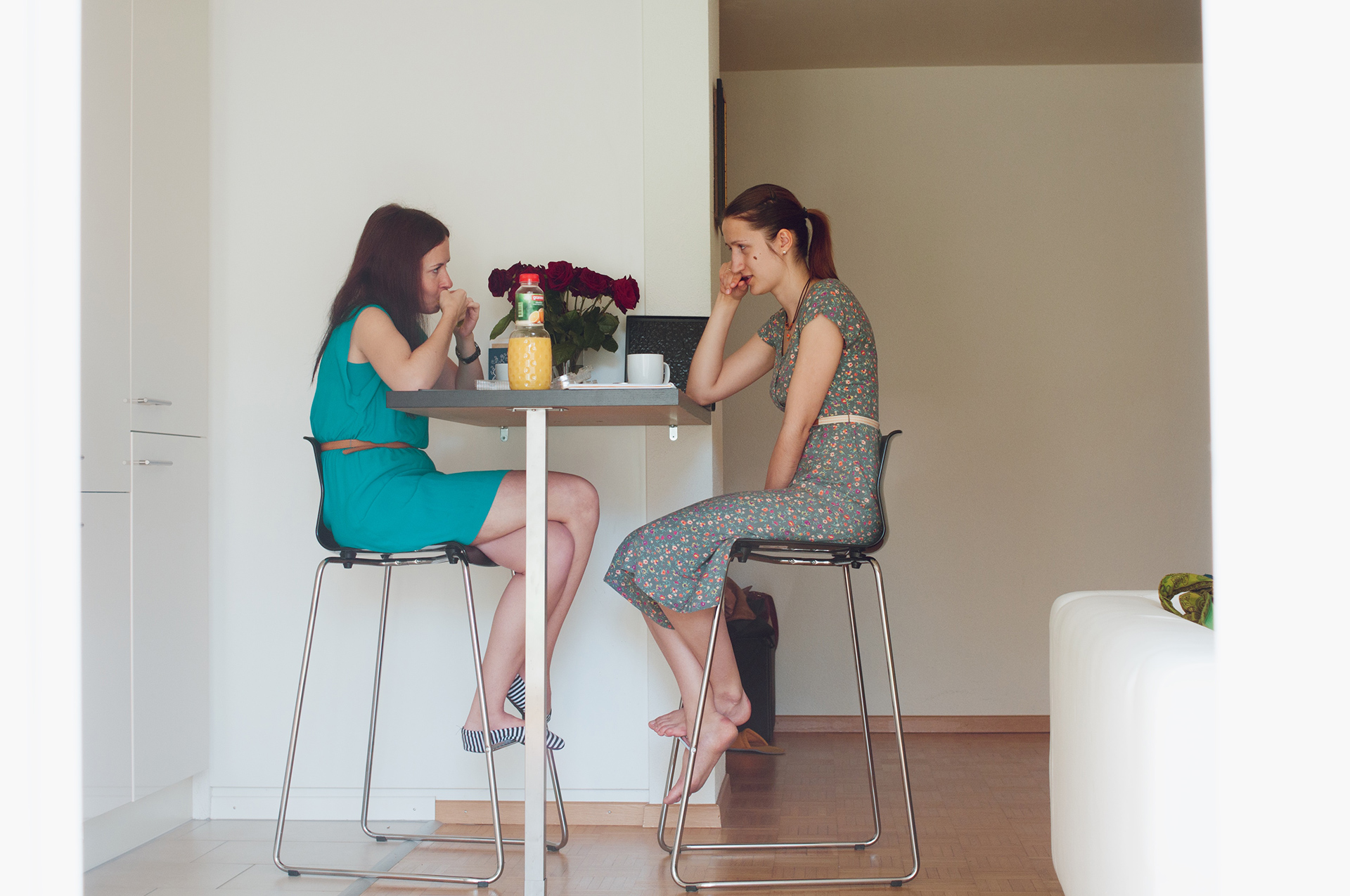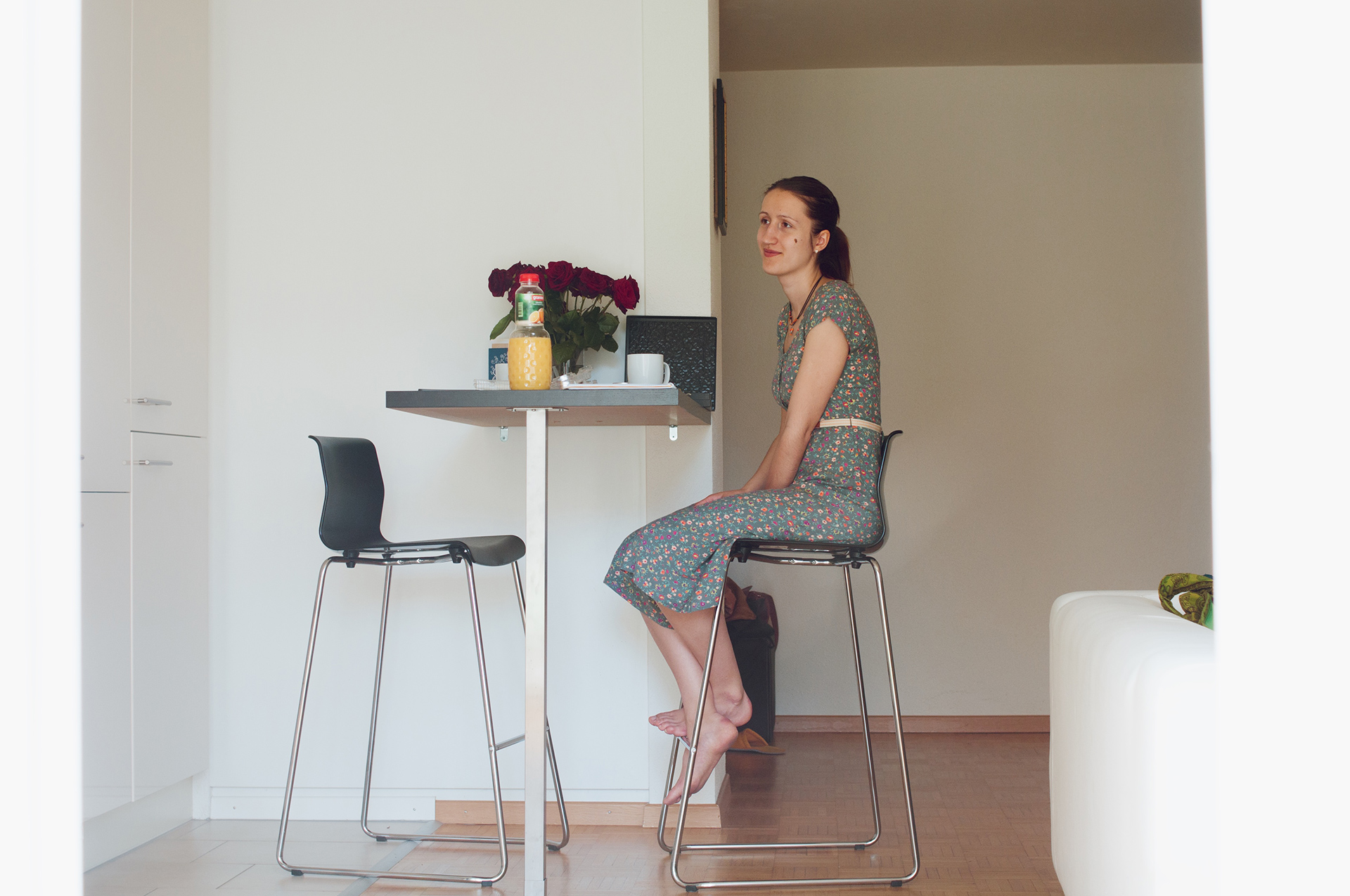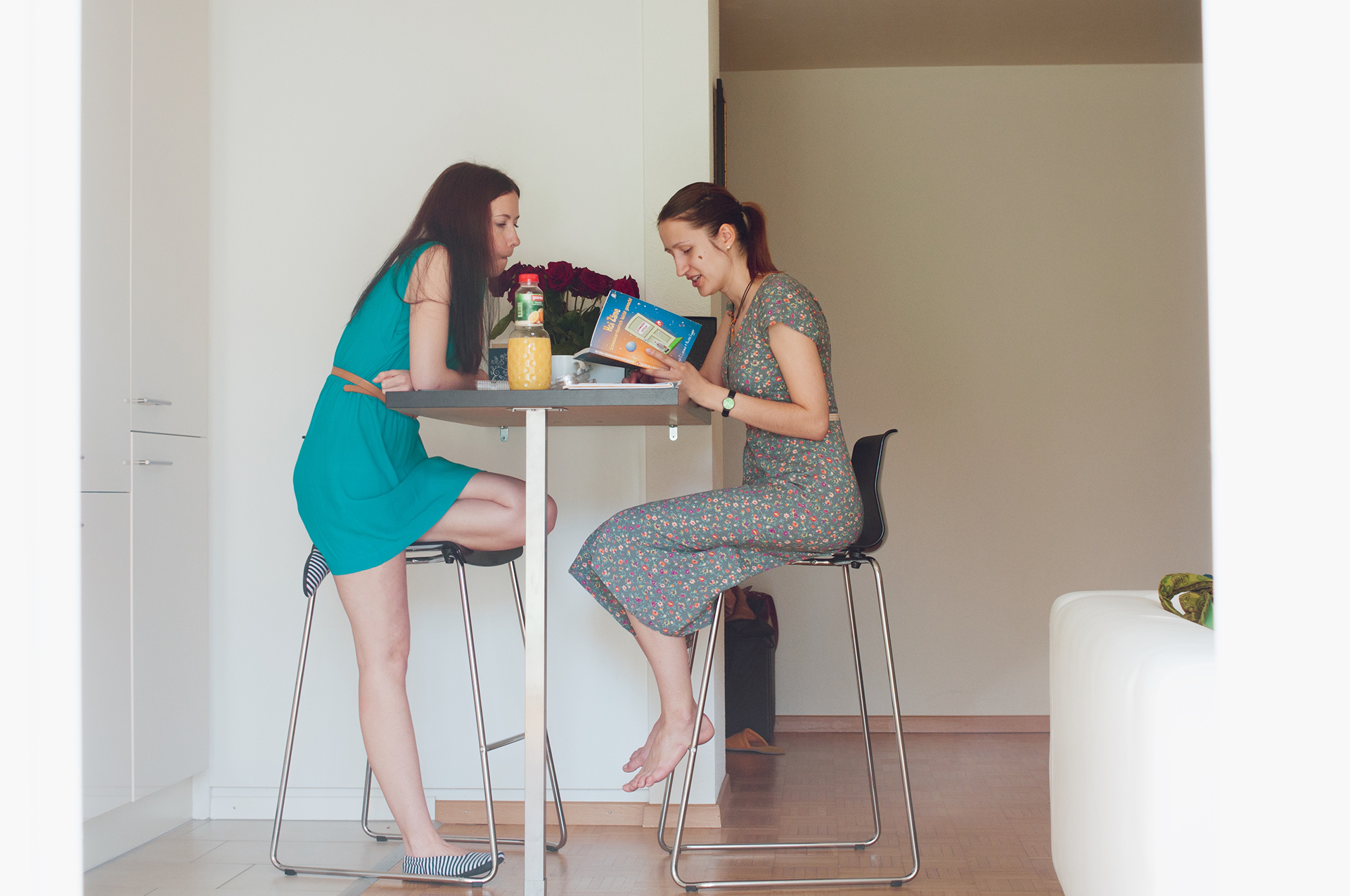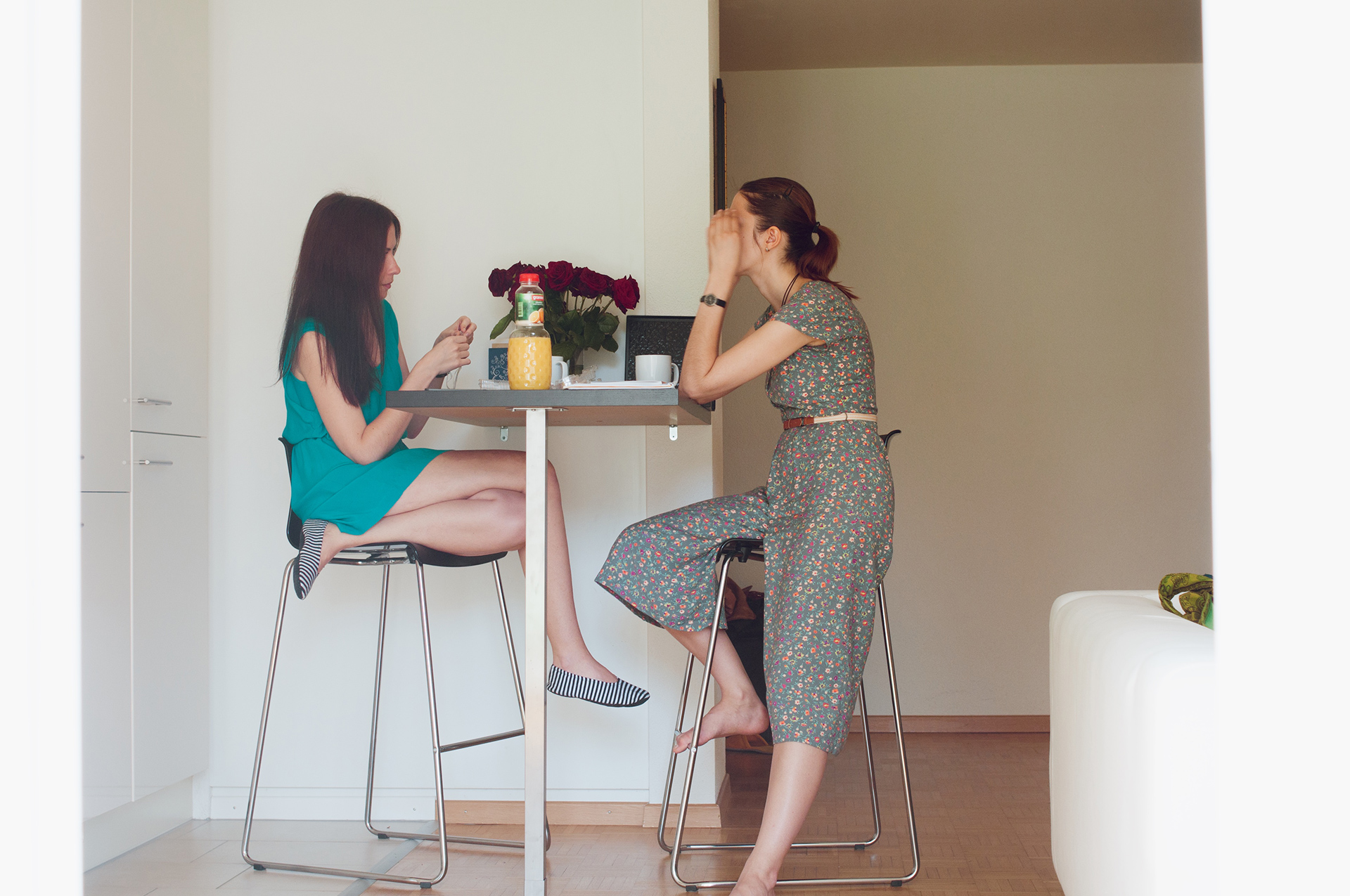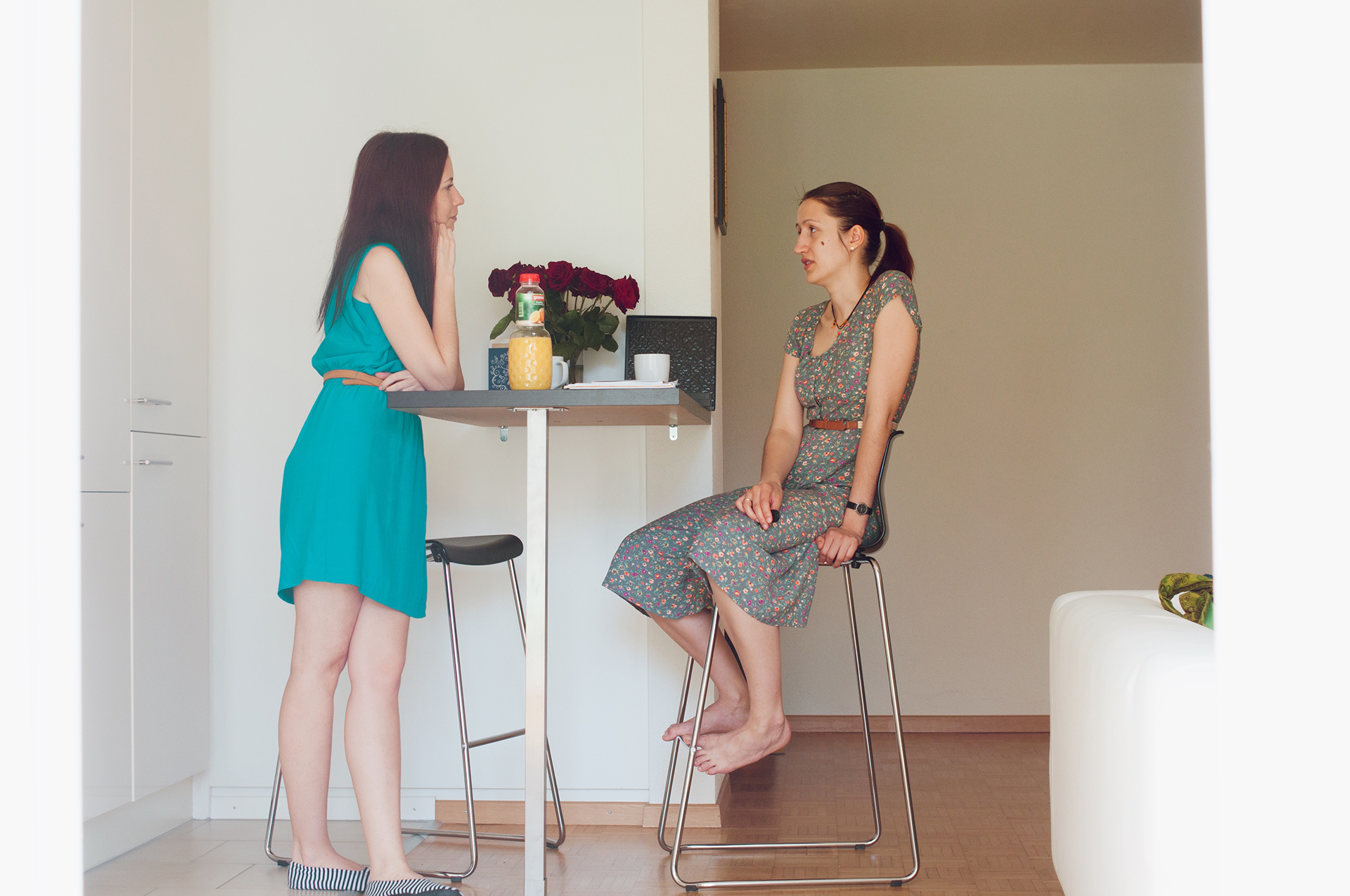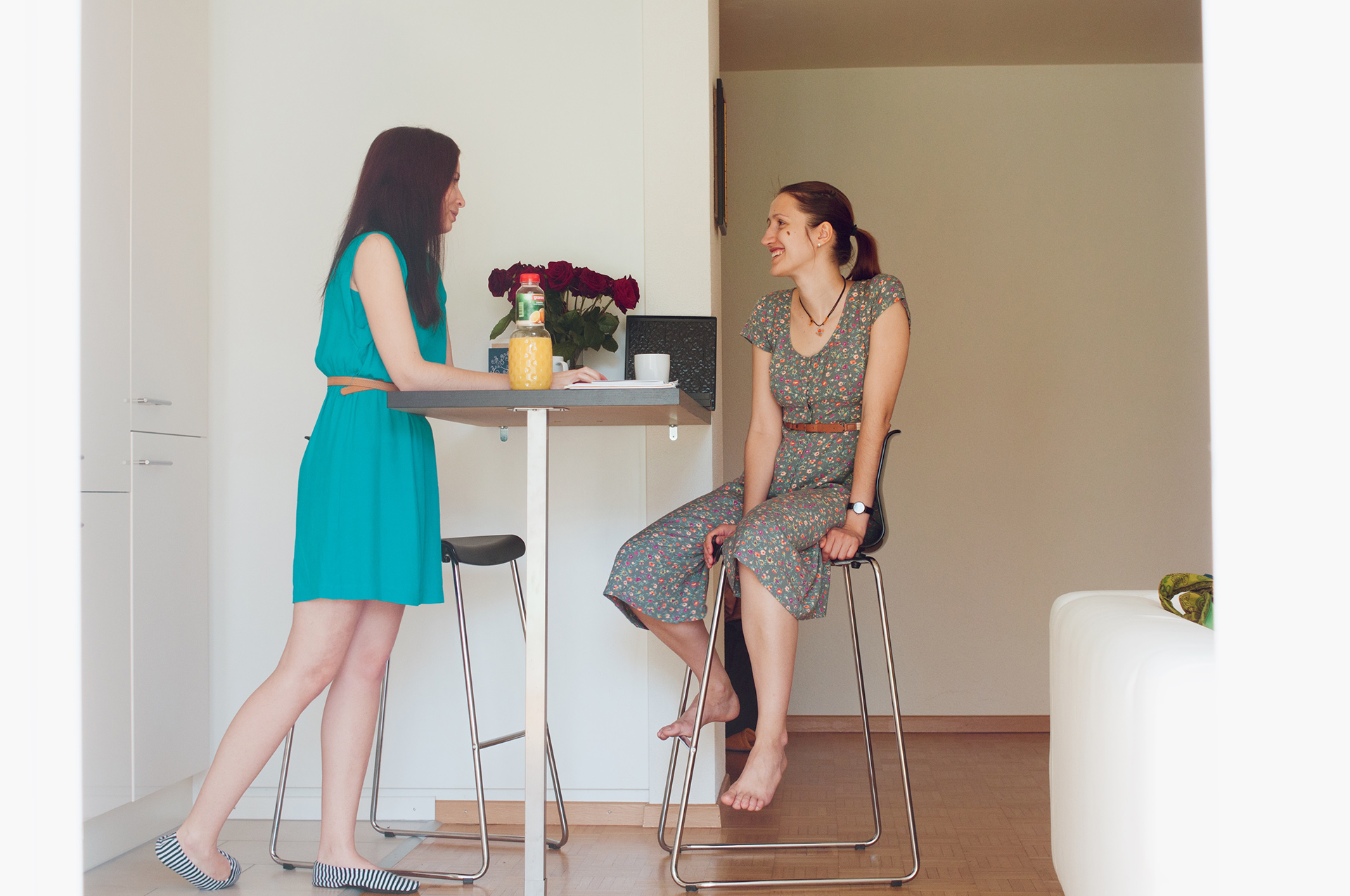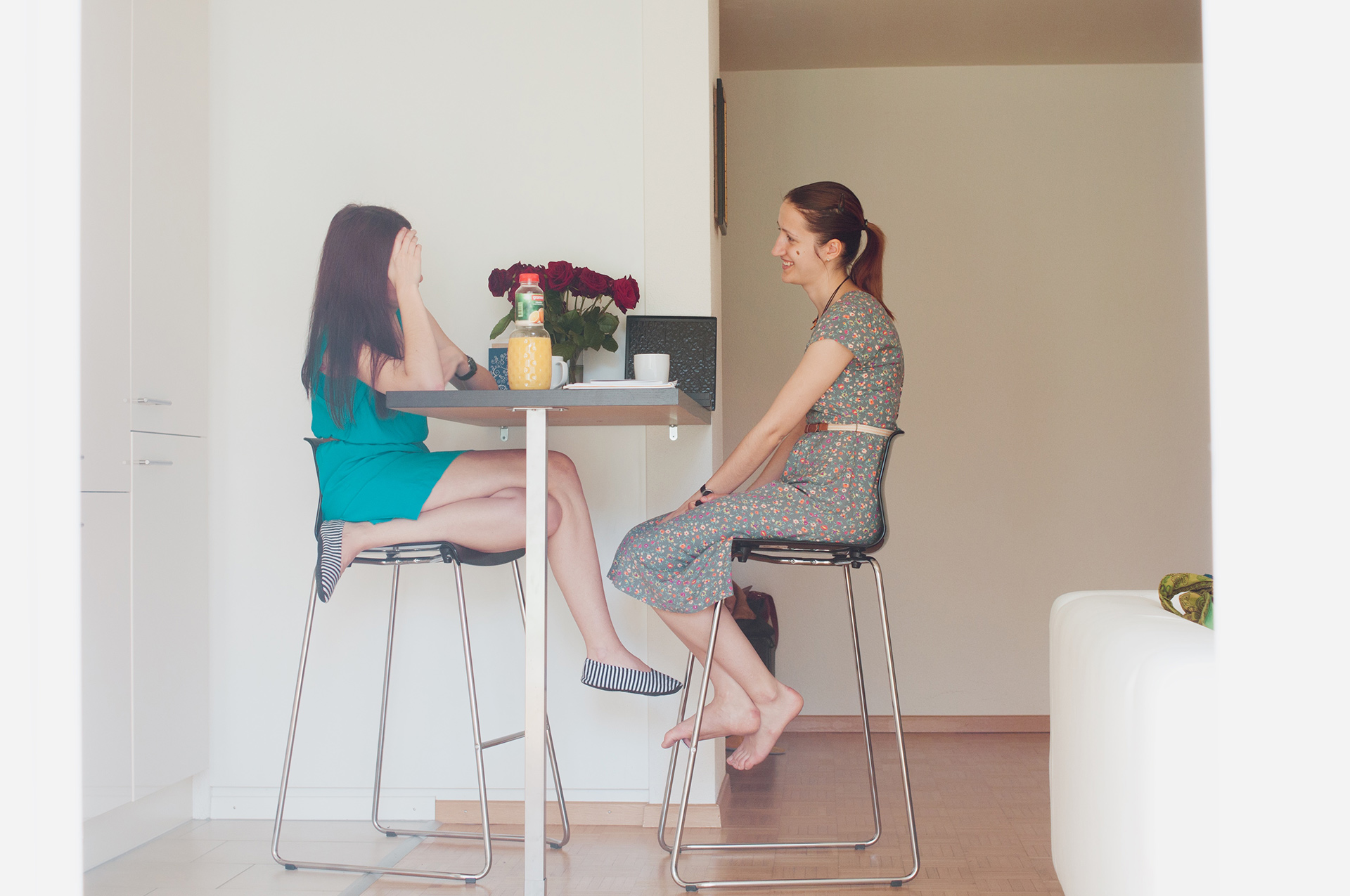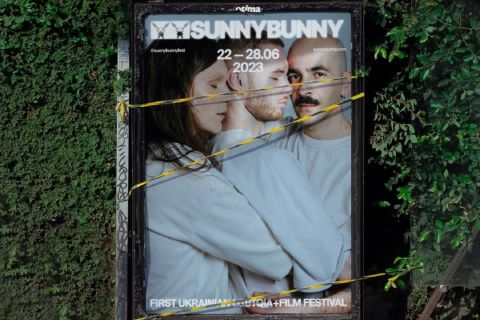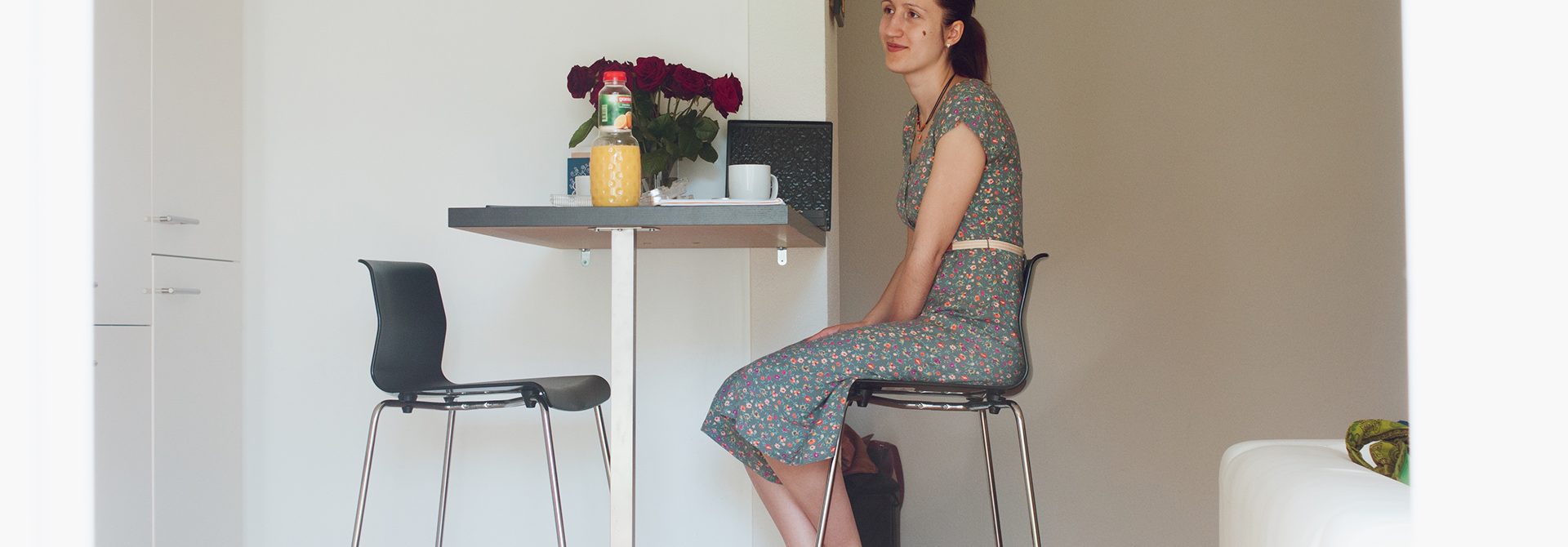
A Google Wife: The Life of Wives of Expat IT Professionals
Large international companies employ people from different countries. Many employees of such companies have a decent salary, a full social package, and their wives — a lot of free time which they can fill up as they please.
This is how the problem of being occupied becomes the problem of being bored — and this is what Olga Bushkova looks into with her project.
A Google Wife, a photo book about the unbearable boredom of spoogler life, was noticed at Unseen Dummy Award and Fiebre Dummy Award festivals. In early 2018, it also made the top five Russian photo books according to the online community of Russian Independent SelfPublished.

Photographer, mathematician. Born in Rostov-on-Don, now lives in Zurich. Since 2012, has been working on two long-term personal projects: A Google Wife and How I Tried to Persuade My Husband to Have Kids.
— Many people who look at the Google Wife project say that this is a book about boredom. However, it is rather a book about loneliness and finding yourself. It is a story of a young woman who finds herself in a new country, a new culture, a new community, and is really trying to adapt to it all.
The pictures show us, women-spooglers (a spoogler is a wife or a partner of a Google employee, from the words spouse + googler = spoogler), constantly meeting in similar interiors, drinking tea or coffee at big tables, talking about small things, or playing with children. Seasons, dresses, and people change, but our meetings continue, and it seems that the next one is just like the ones that were before. In these photographs, we get bored, we long for communication and variety. The question is, what is boredom?
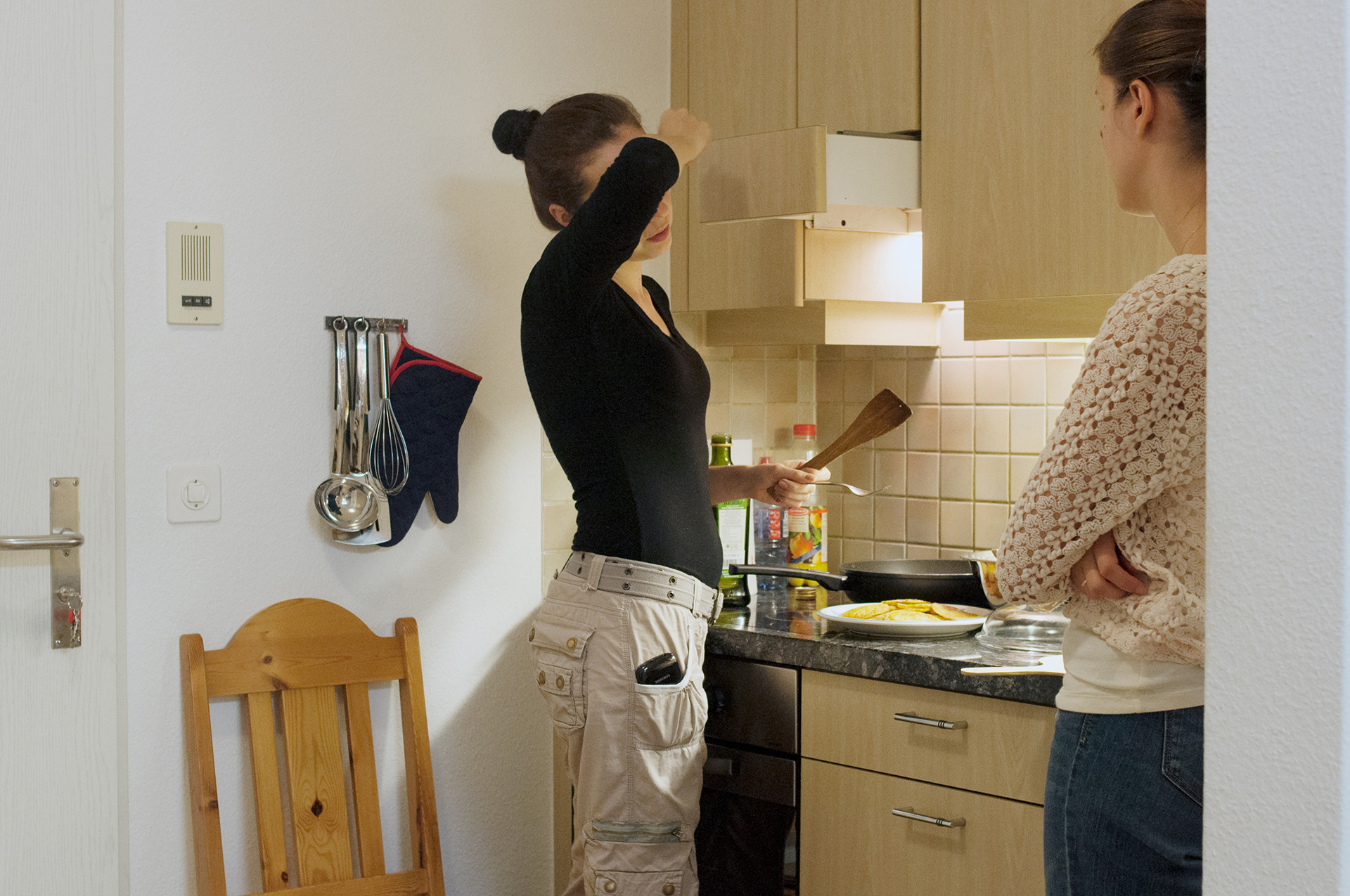
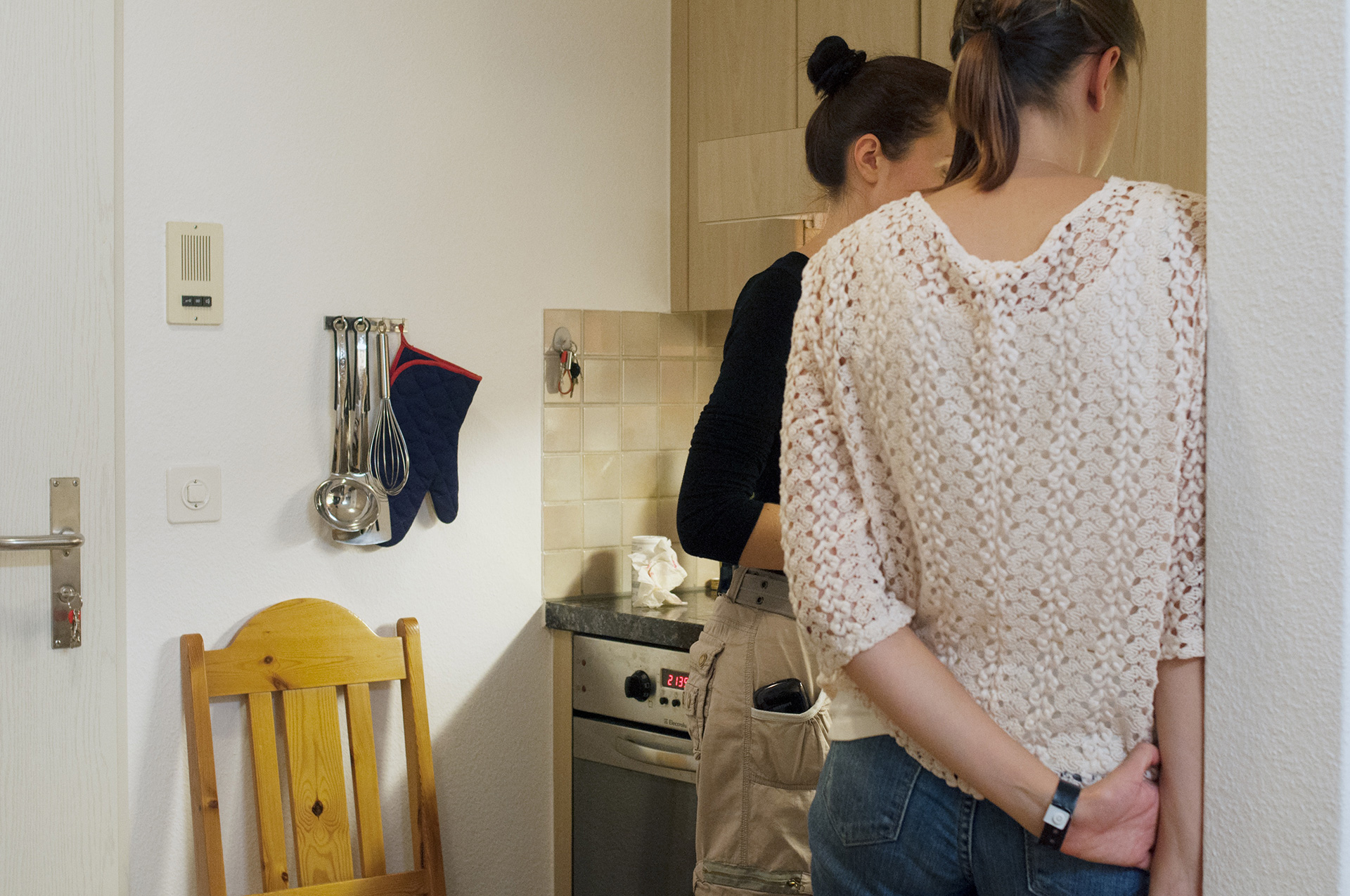
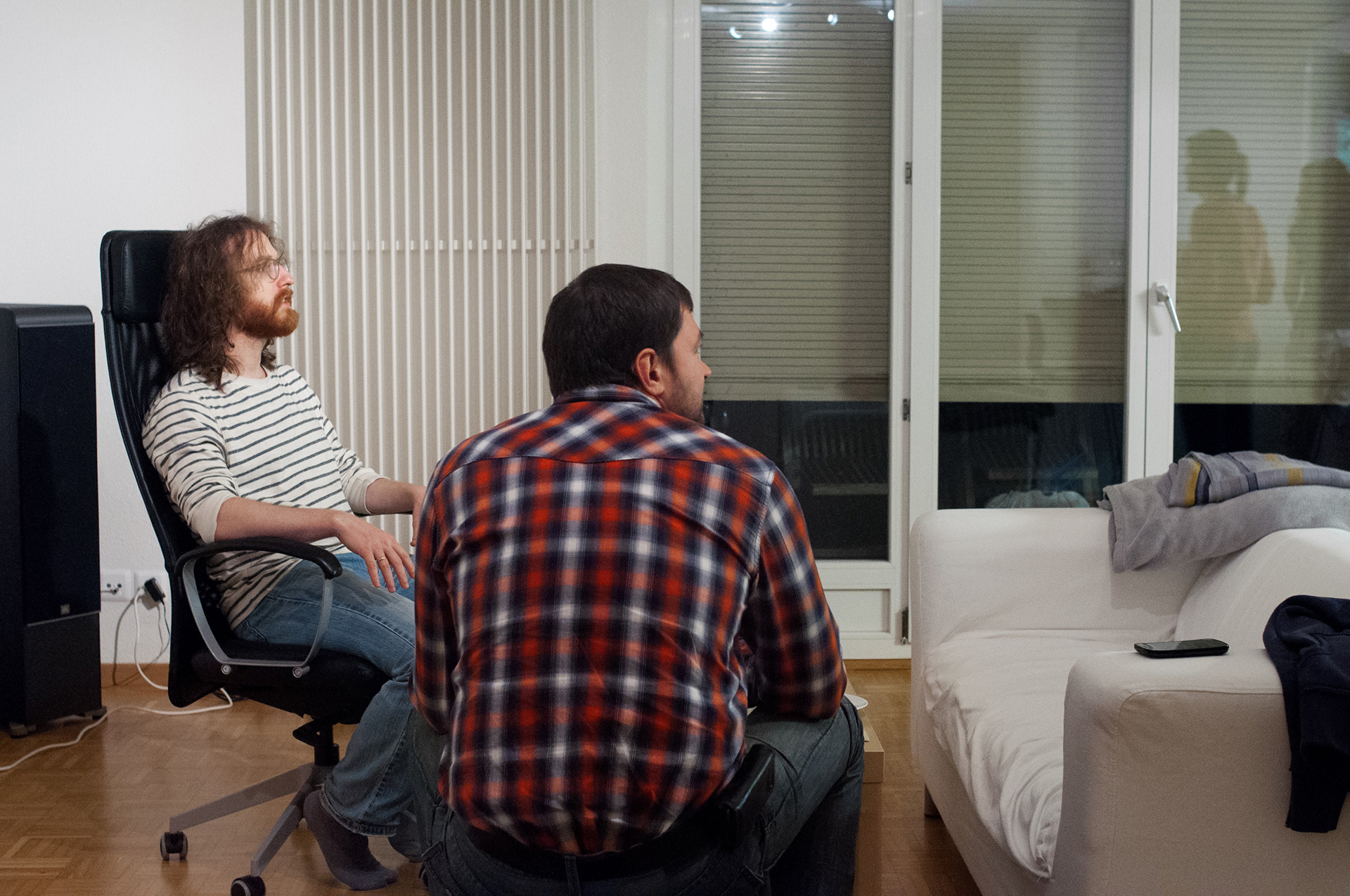
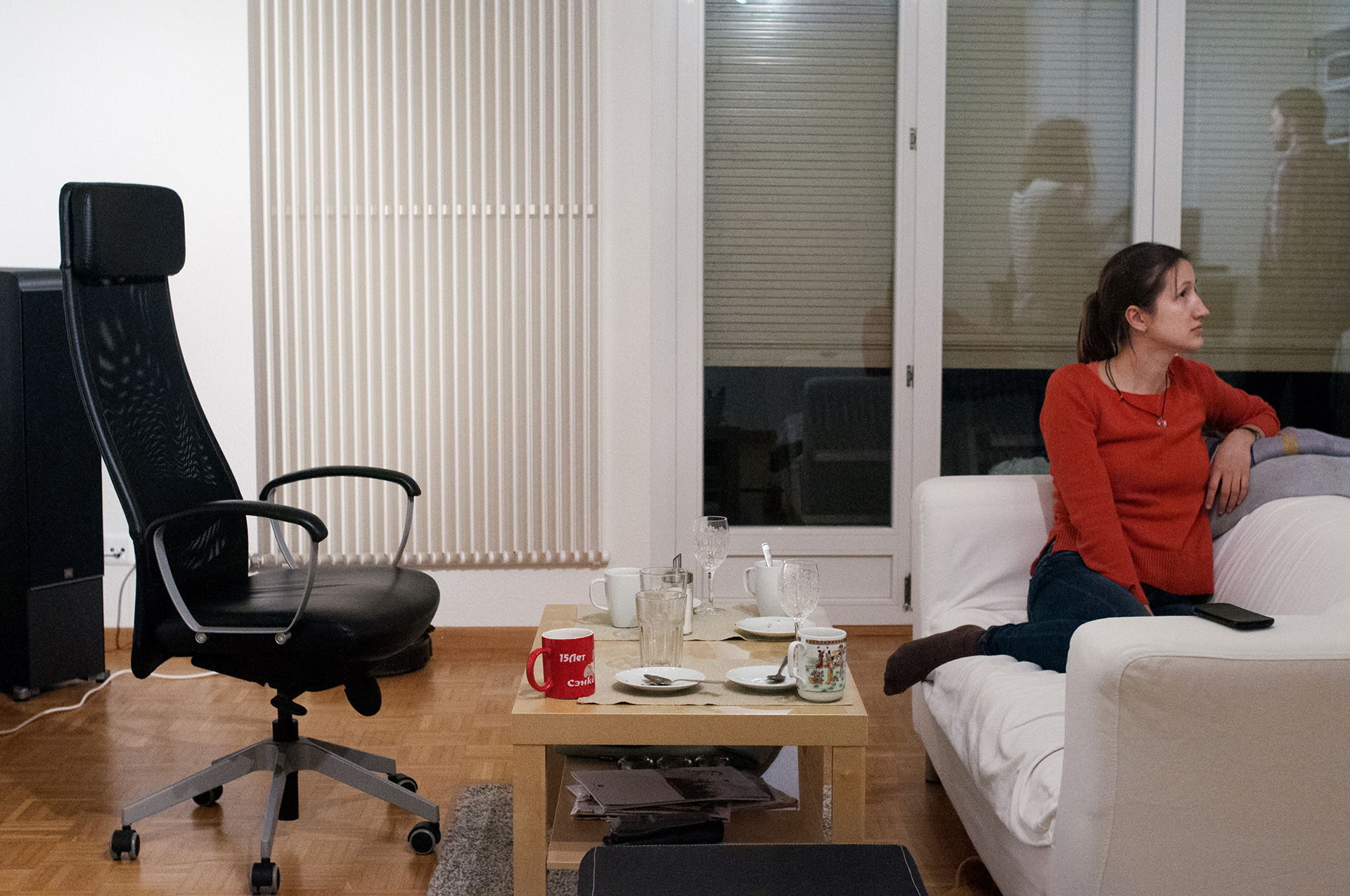

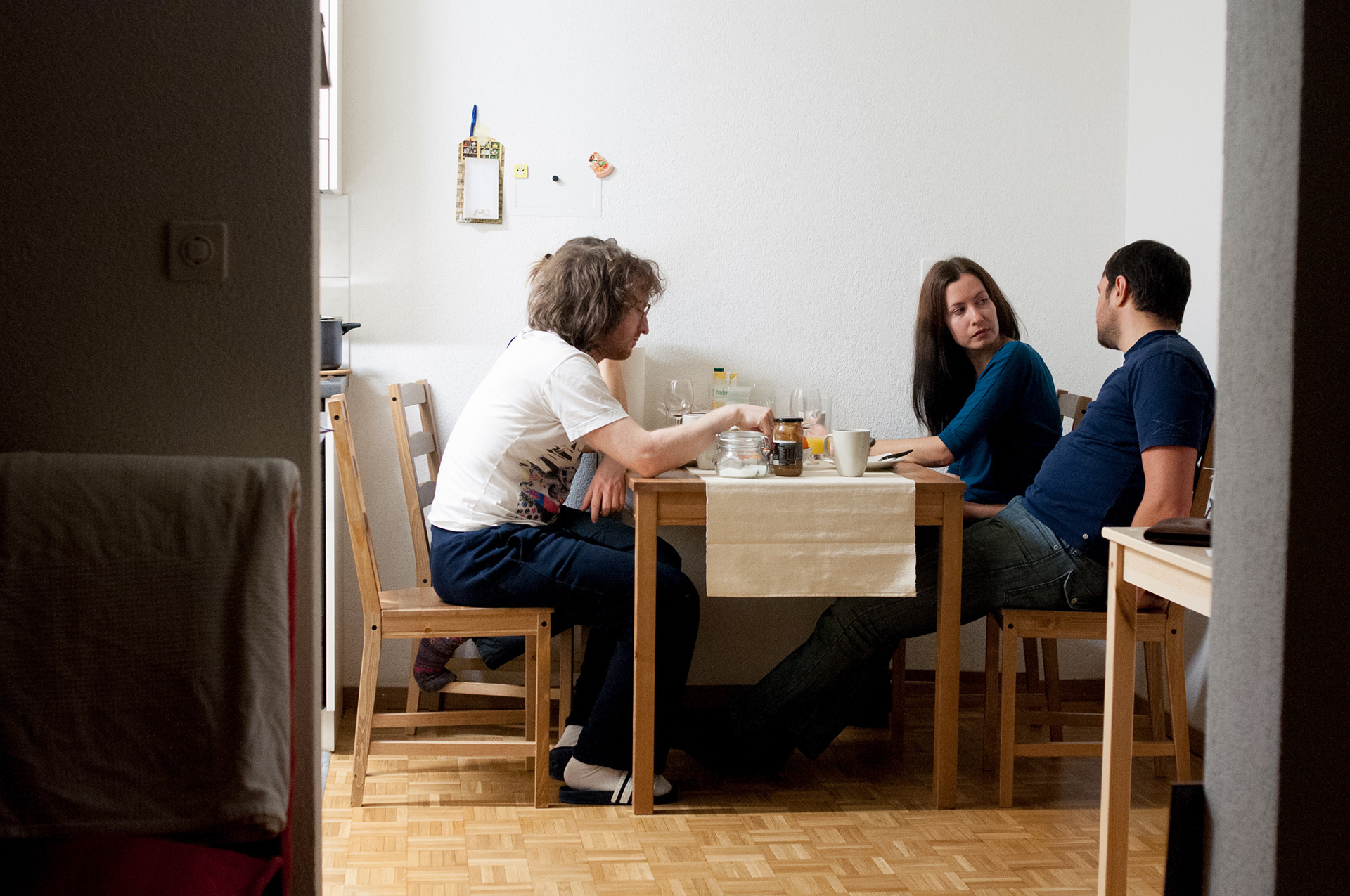
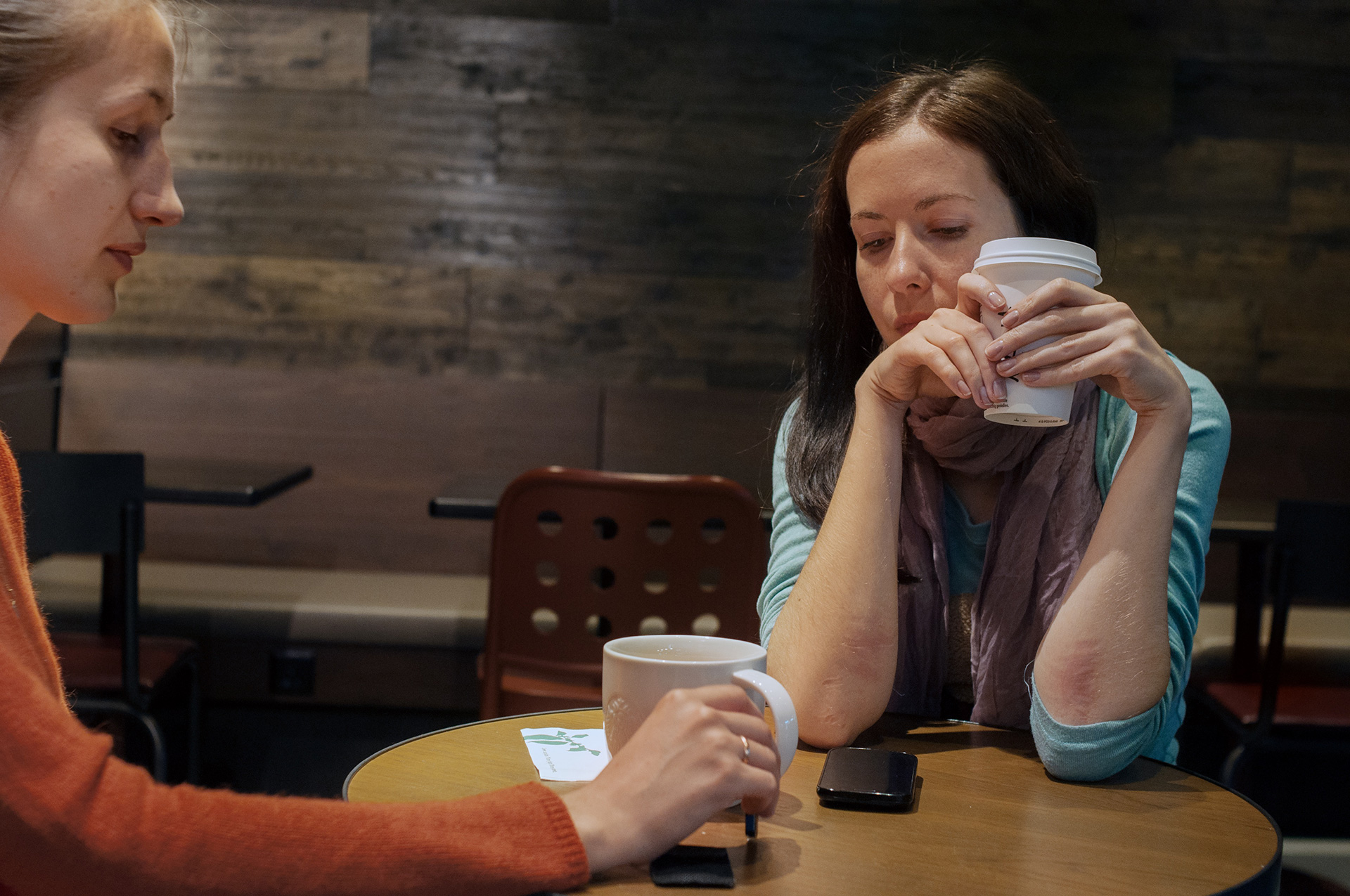
Many spooglers, and I was among them, have no right to work in Switzerland for the first two years after the move. Under such circumstances, everybody tries to find something to do with themselves. Some learn German, some decide to draw, some give birth, and some travel.
However, it doesn’t become easier when the ‘forced downtime’ comes to an end. You find yourself in a country where everything works as it should: public officials, transport, insurance companies, banks, doctors, police, preschools, and schools. You don’t spend your time on renovating your apartment (all of them have been renovated), on fixing your car (it doesn’t break), on finding ‘a good doctor’ (going to the nearest hospital is enough). You don’t need to look for a job to earn a living, because your husband earns enough. Your parents and friends stayed in faraway Russia — and you don’t visit them at home, don’t celebrate their birthdays, and you try to call them no less than once every ten days. You realize that you are all yours, and your life consists of full and unlimited freedom.
You can do what you want. Work or not work. Give birth or not. Get a degree or not. Think how to get on with your life or not.
Such a free and ‘bored’ state is not common for a contemporary person. It is not comfortable, because you need to give some thought to what is interesting to you. Nothing guides you or helps you. I am convinced that I wouldn’t have taken up photography if I had stayed in Russia. I might suggest that I would find a job at the mechanics and mathematics department of Rostov State University, we would take a loan to buy an apartment and would get busy renovating it, would plan trips to Europe twice a year, would have a child sooner or later, and I would go on maternity leave and so on. And I don’t think that this course of events is bad at all. But it never makes you bored, and every moment you know what to do next.
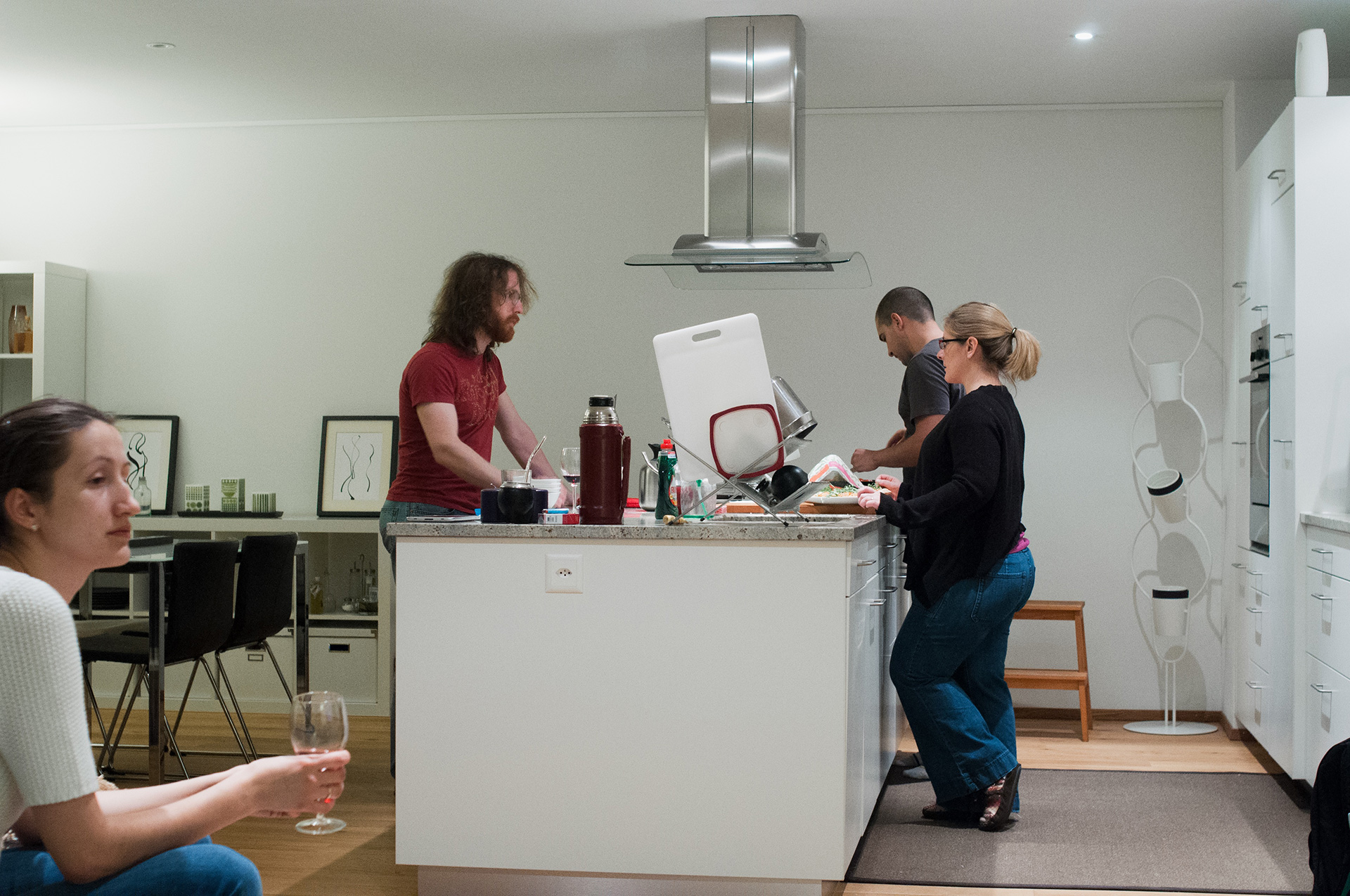
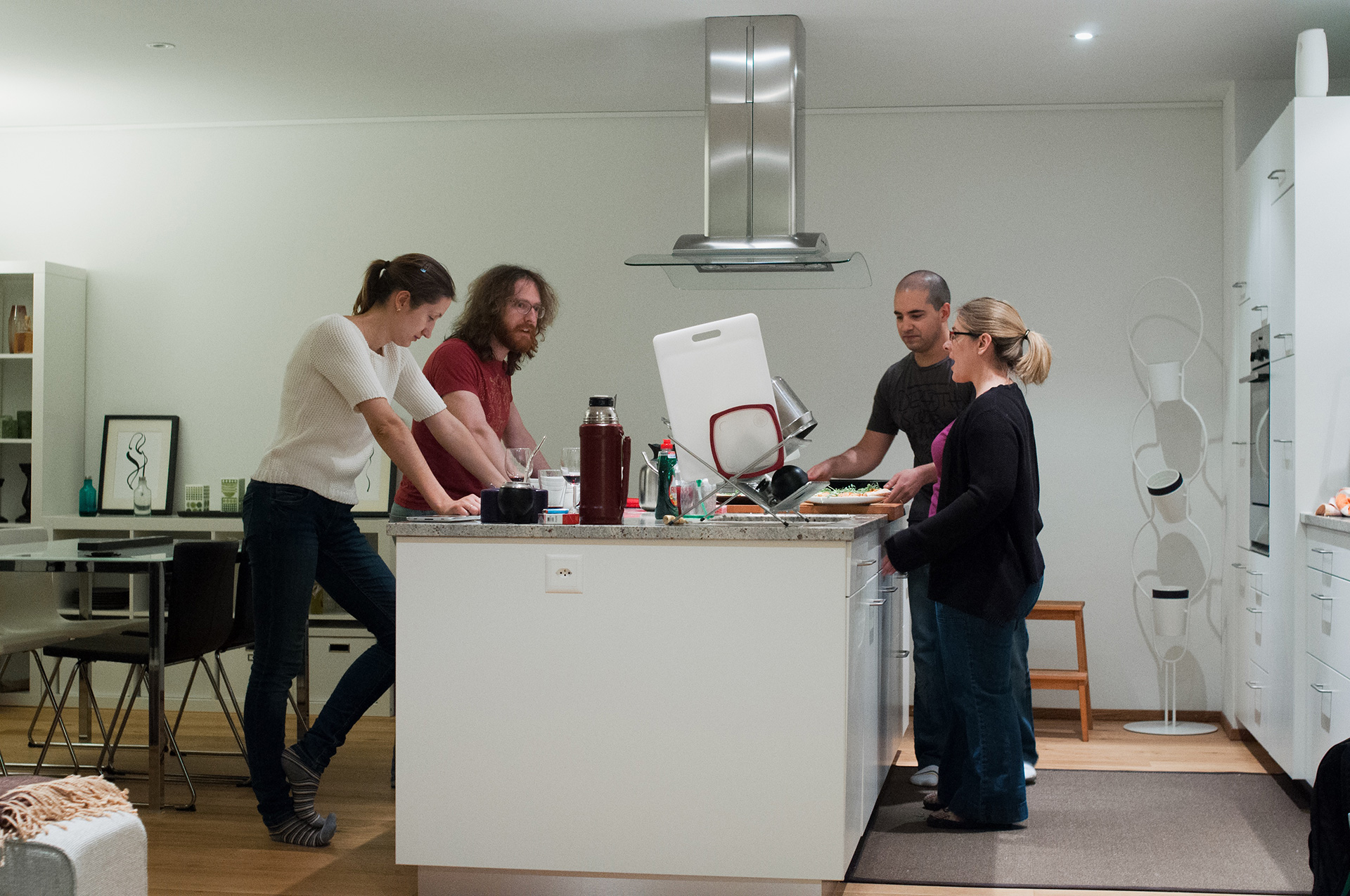
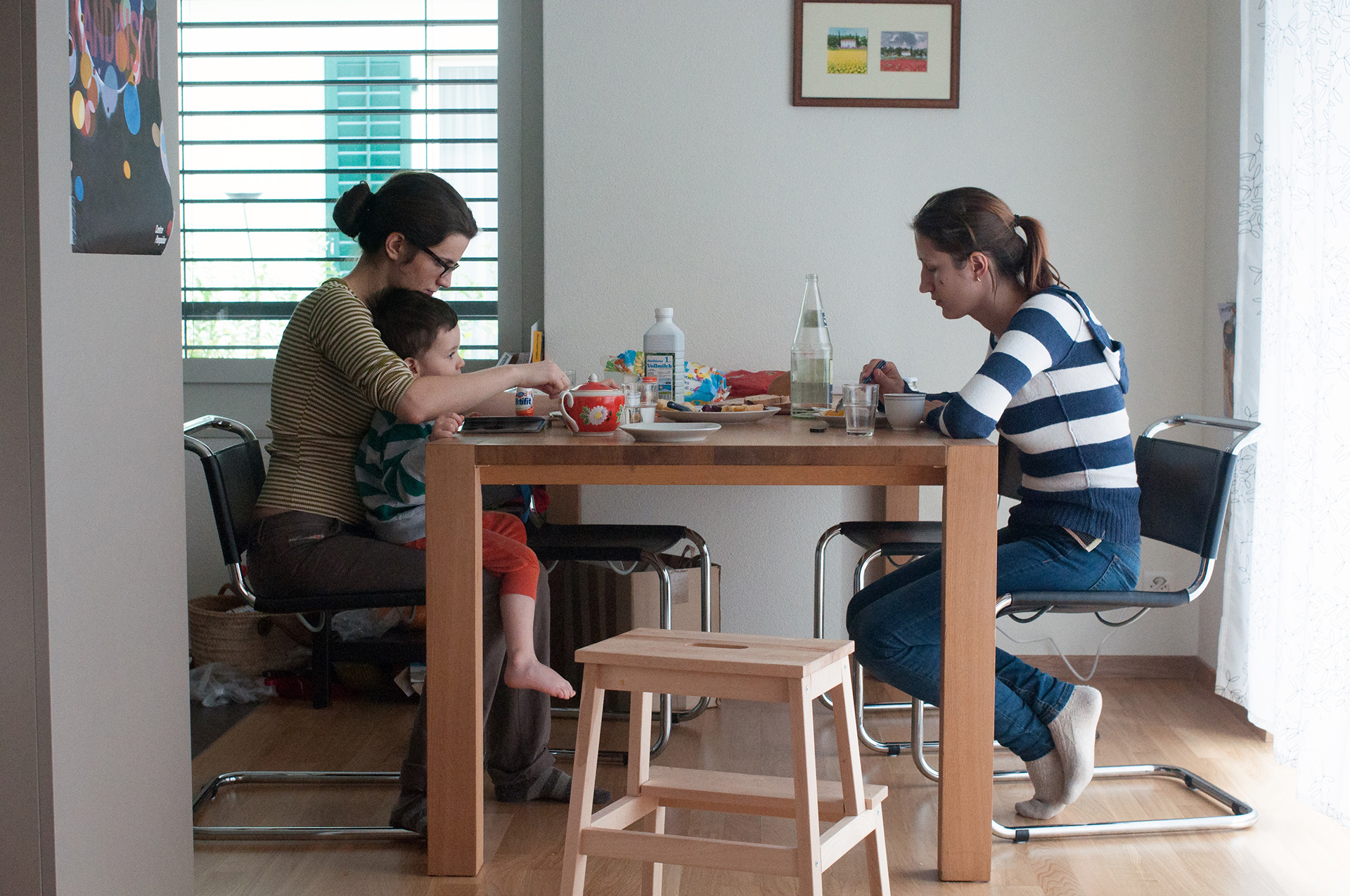
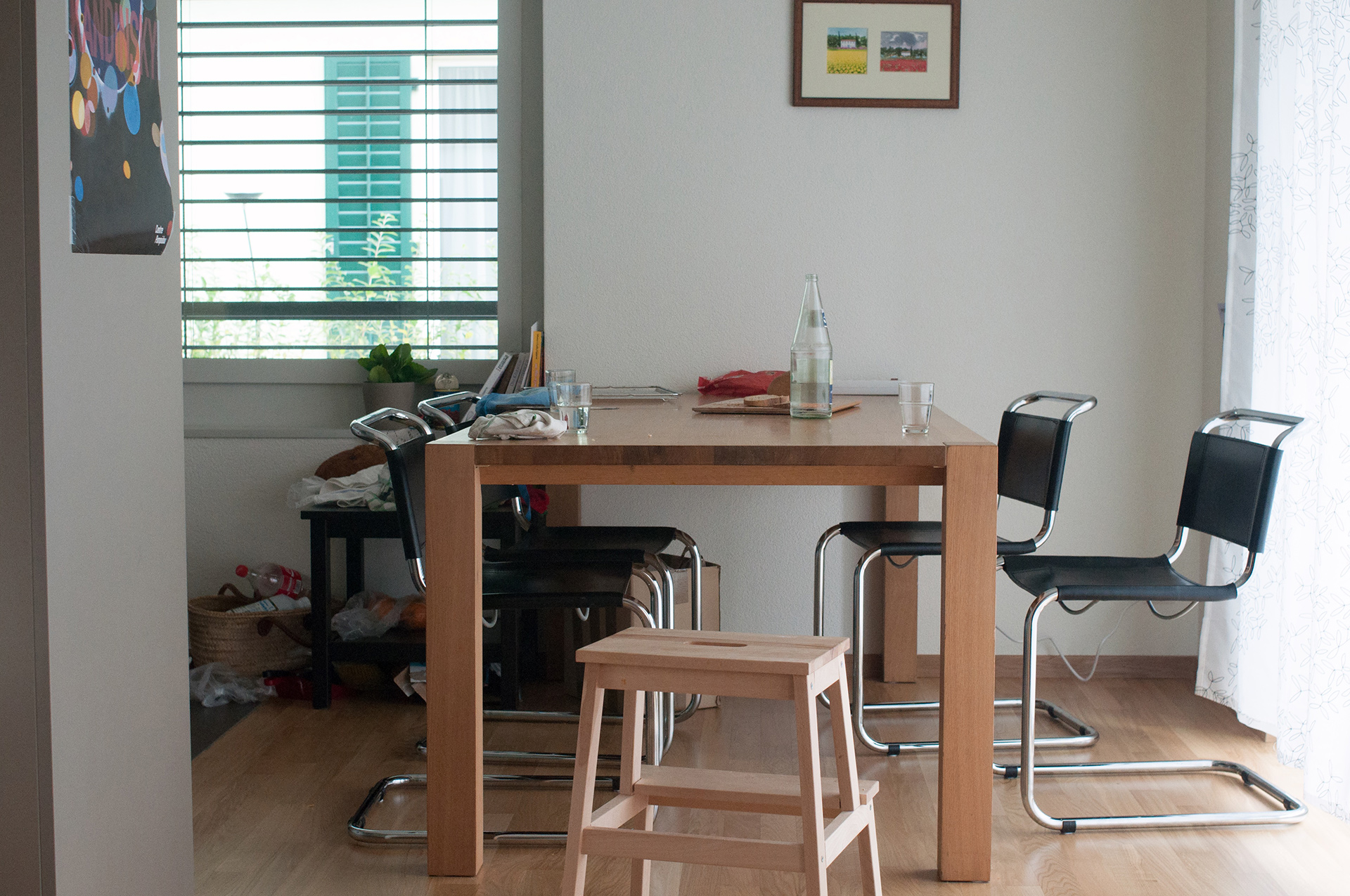
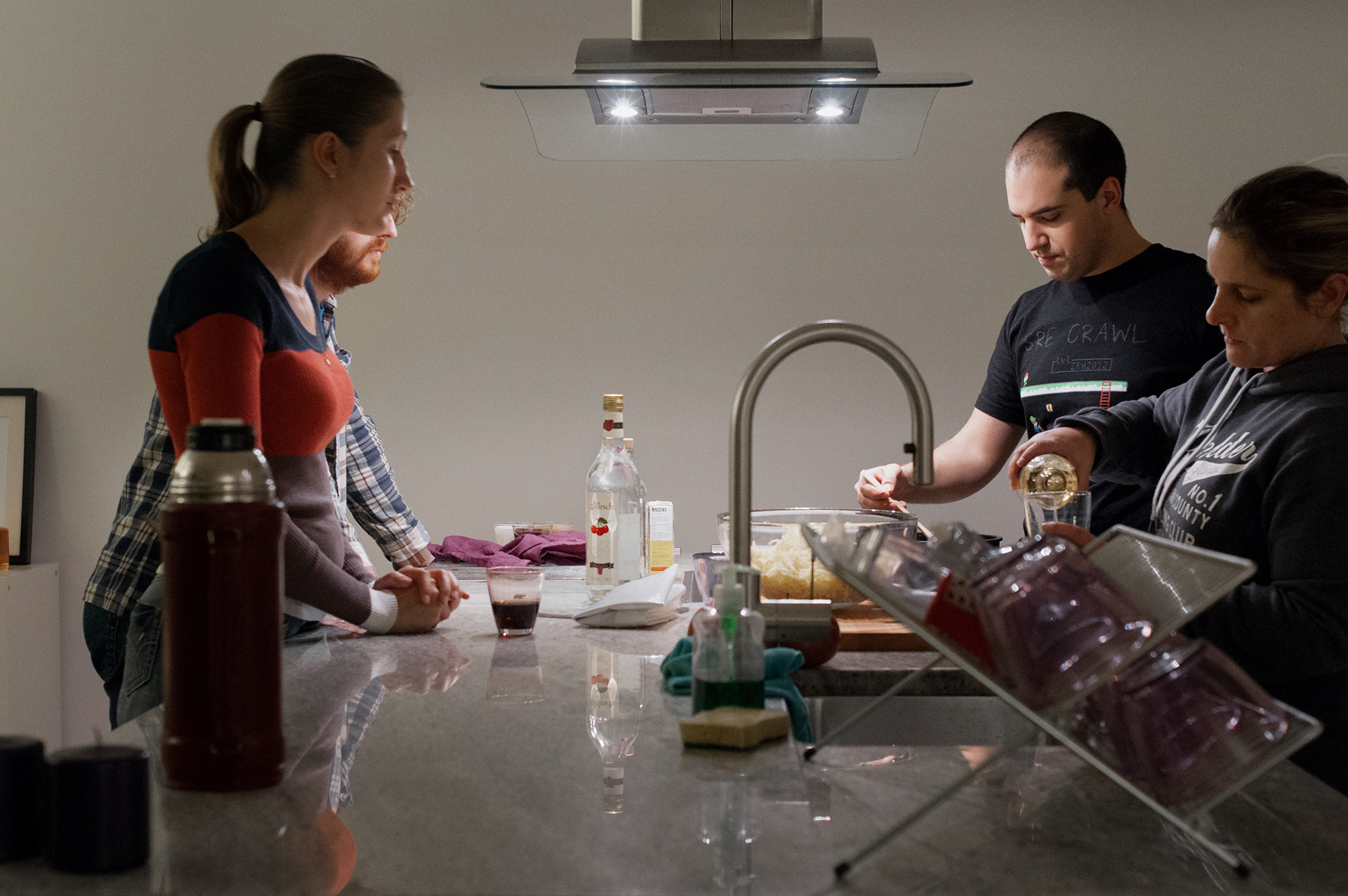
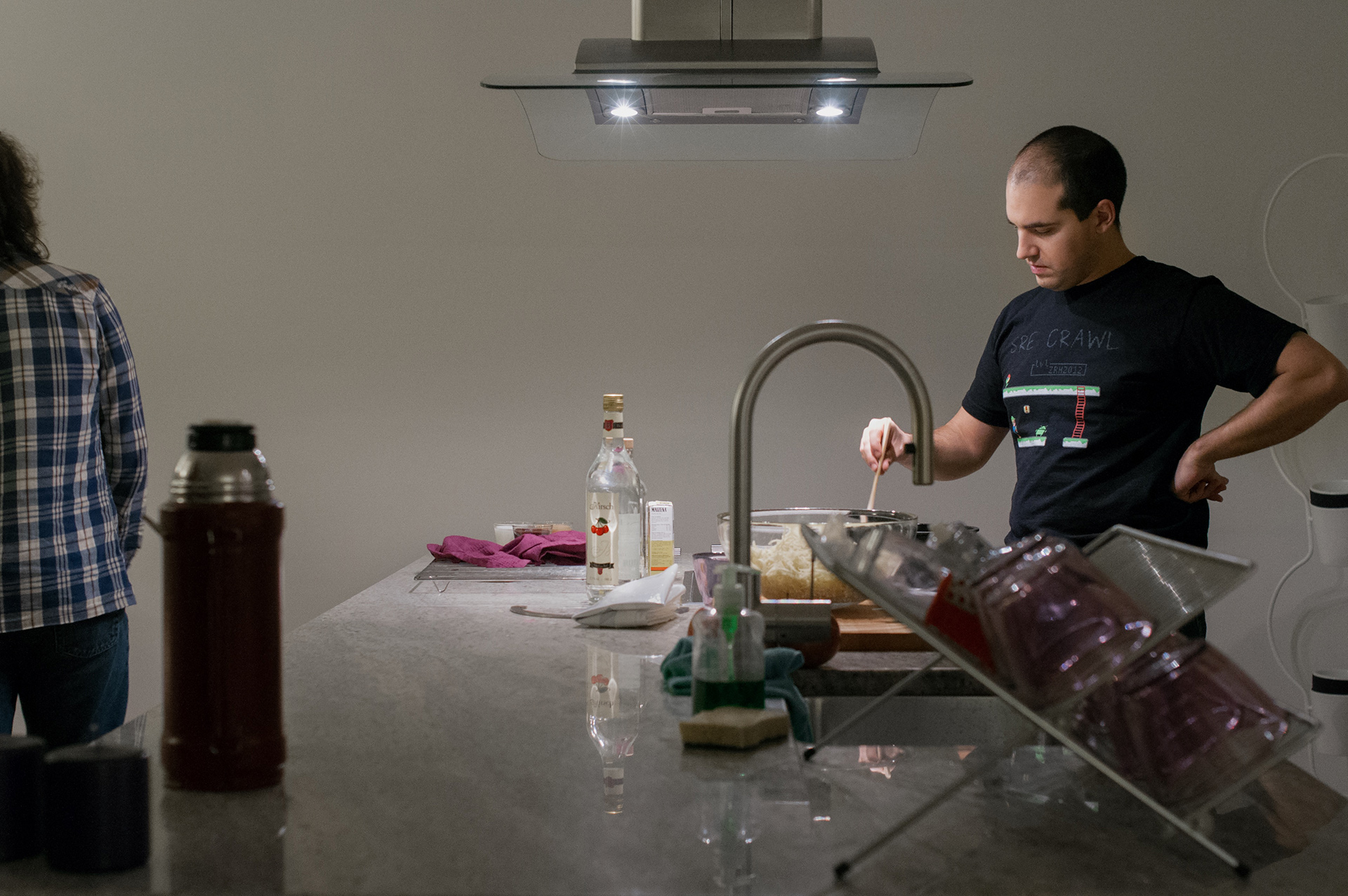
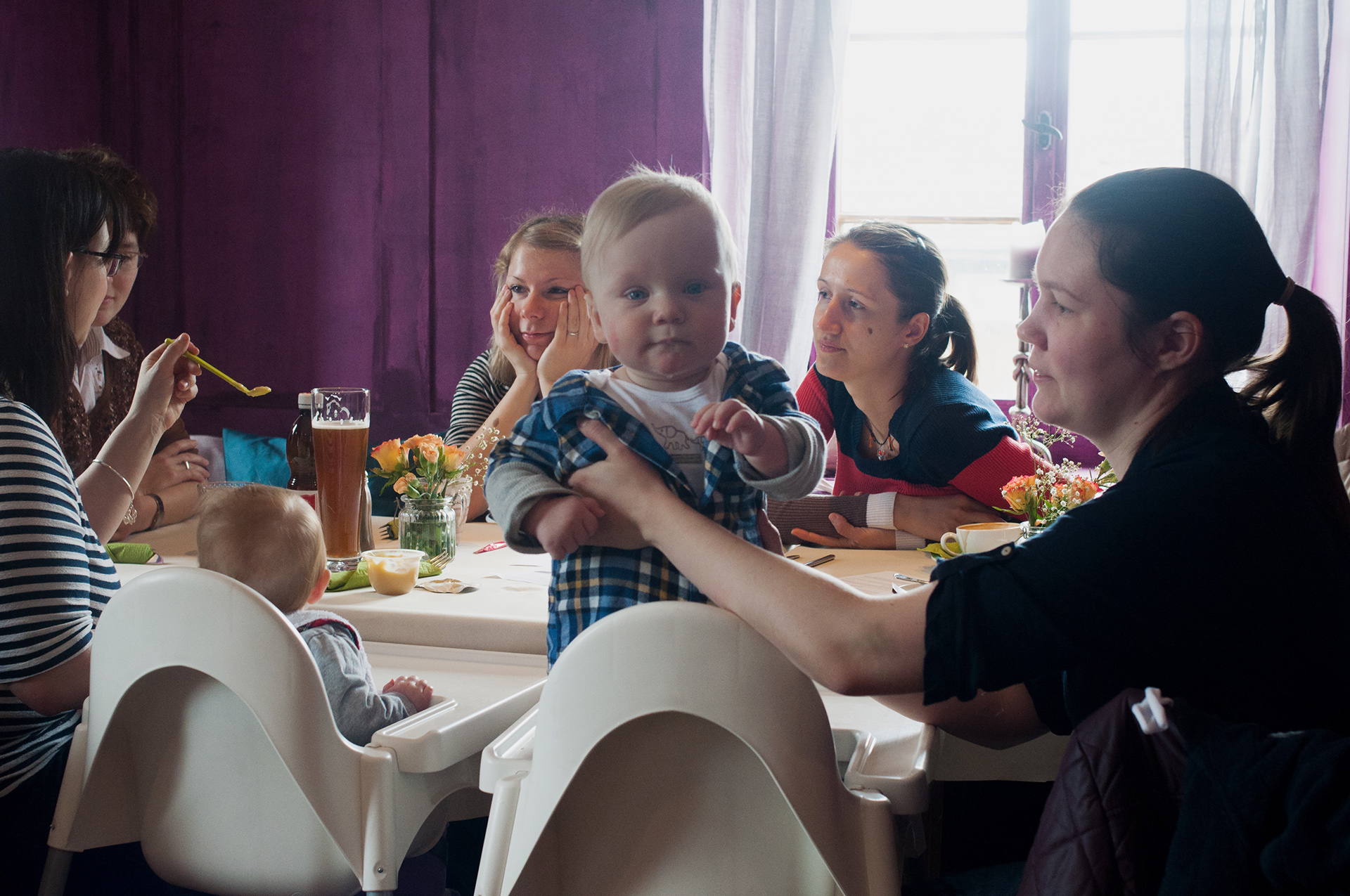
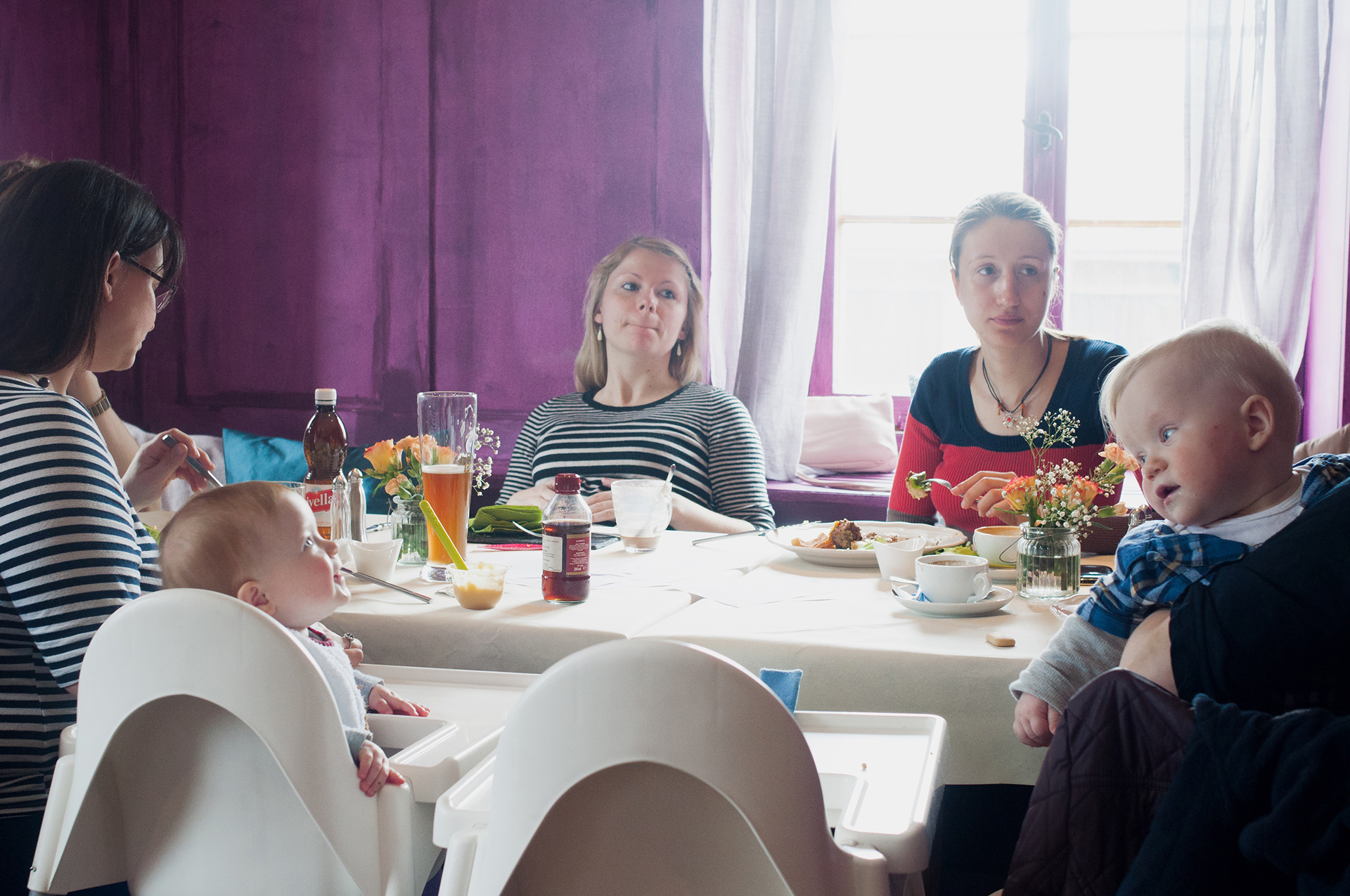
The value of boredom is that it gives you the opportunity to stop and think. In one of the books on raising children I read that “boredom stimulates creative realization, becoming aware of yourself, and implementing your real wishes, not imposed by anyone or anything.” I think that such stimuli is important for adults no less than it is for children.
I started taking pictures because I was bored. I love children, so I started taking pictures of them. This was how I became friends or got closer acquainted with many spooglers, and we started visiting each other. Later, I accidentally attended a master class by Alex Majoli where I couldn’t stop thinking whether I was worth anything as a photographer or not, whether my photographs were shit or not. Alex suggested that I put a camera on a tripod every time I meet someone I know, and take pictures of them and myself with the help of a remote, and when people wonder what was going on, to tell them that I am a photographer. This was what I did for one and a half years. In this time, I not only got used to the new role, but I also got the image of an experienced professional — as I took my tripod everywhere. In two years, when I got the right to work, everyone knew I was a photographer. This was how I found a job: people thought of me when a job offer came up.
In the photographs included in A Google Wife, I, my friends, and my acquaintances are often bored. The photographs document one and a half years of my life during the transition from one role to another. Many women whose photographs I took are also in the state of making a choice. Some of them will devote themselves to children, some will go study to be a midwife, some — become a yoga instructor, some will decide to relax and enjoy life, and some — will go home. However, none of it is in the photographs.
Spooglers meet and have dinners together just like it was when I took photographs of them six years ago. During such meetings, the ‘newcomers’ ask how to find a good apartment for rent, which preschool has good English classes, how to fill in your tax declaration, and how to sign up for cheese tastings. First, you ask these questions, and after several years, you answer them.
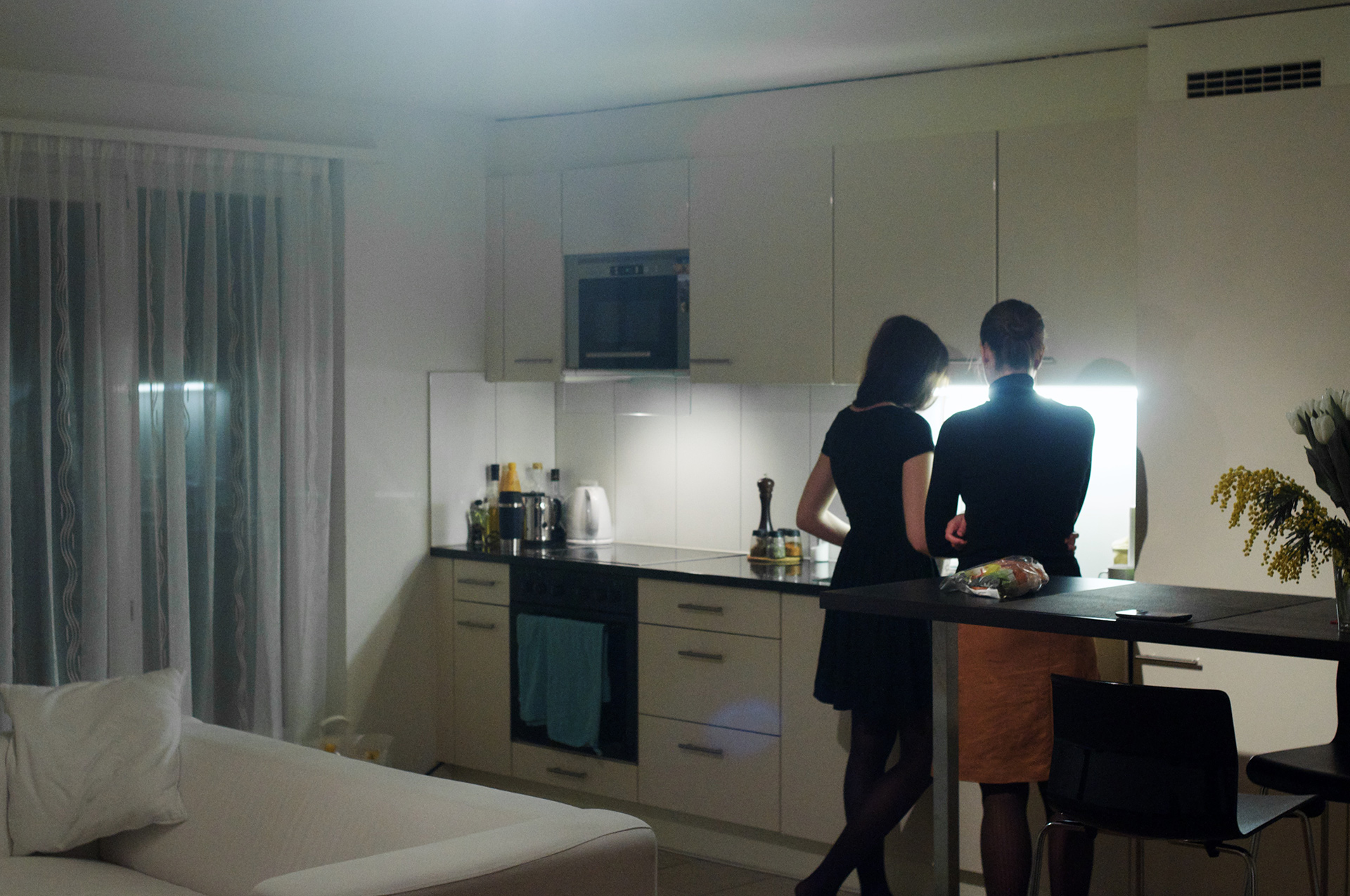
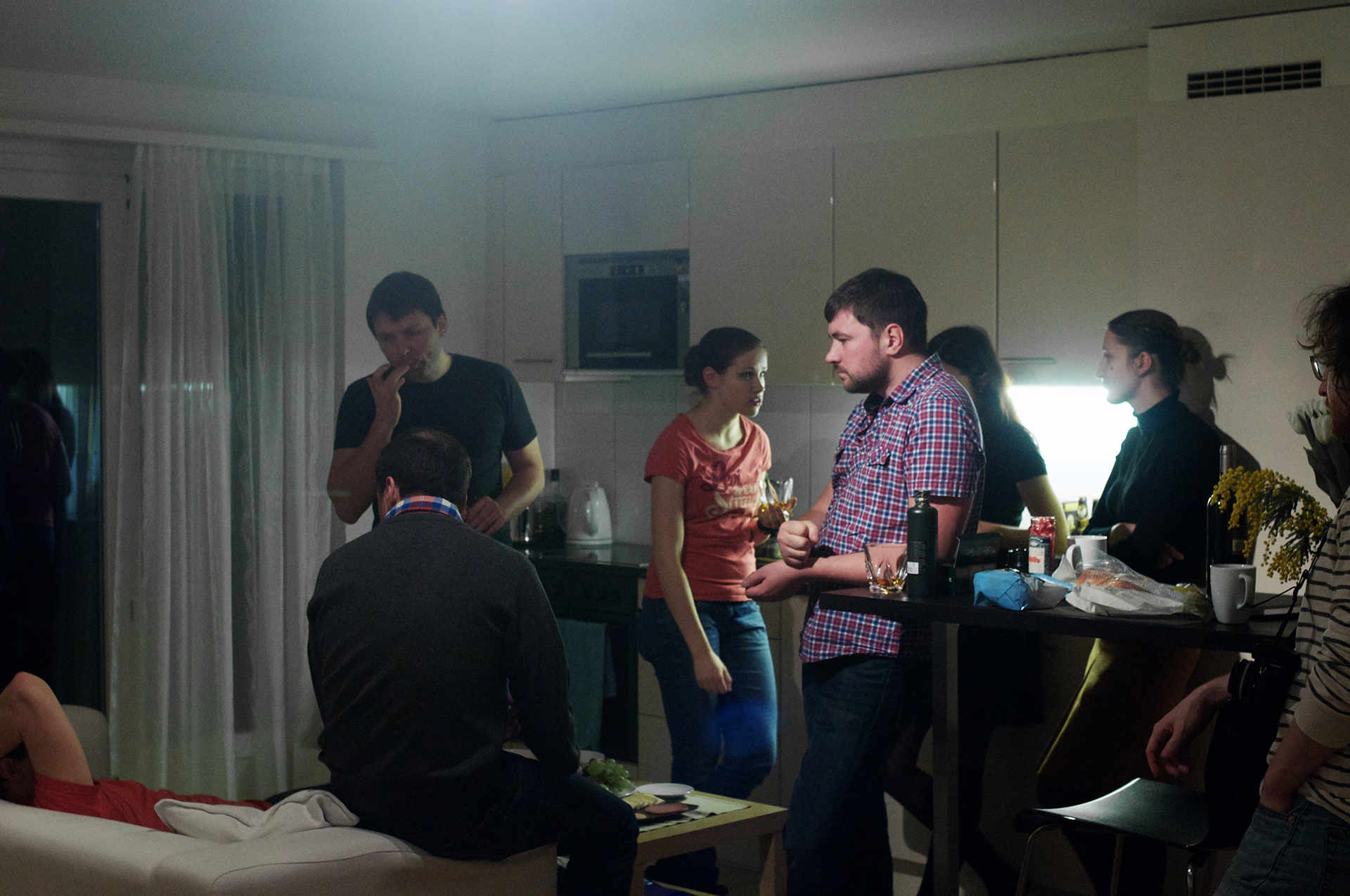
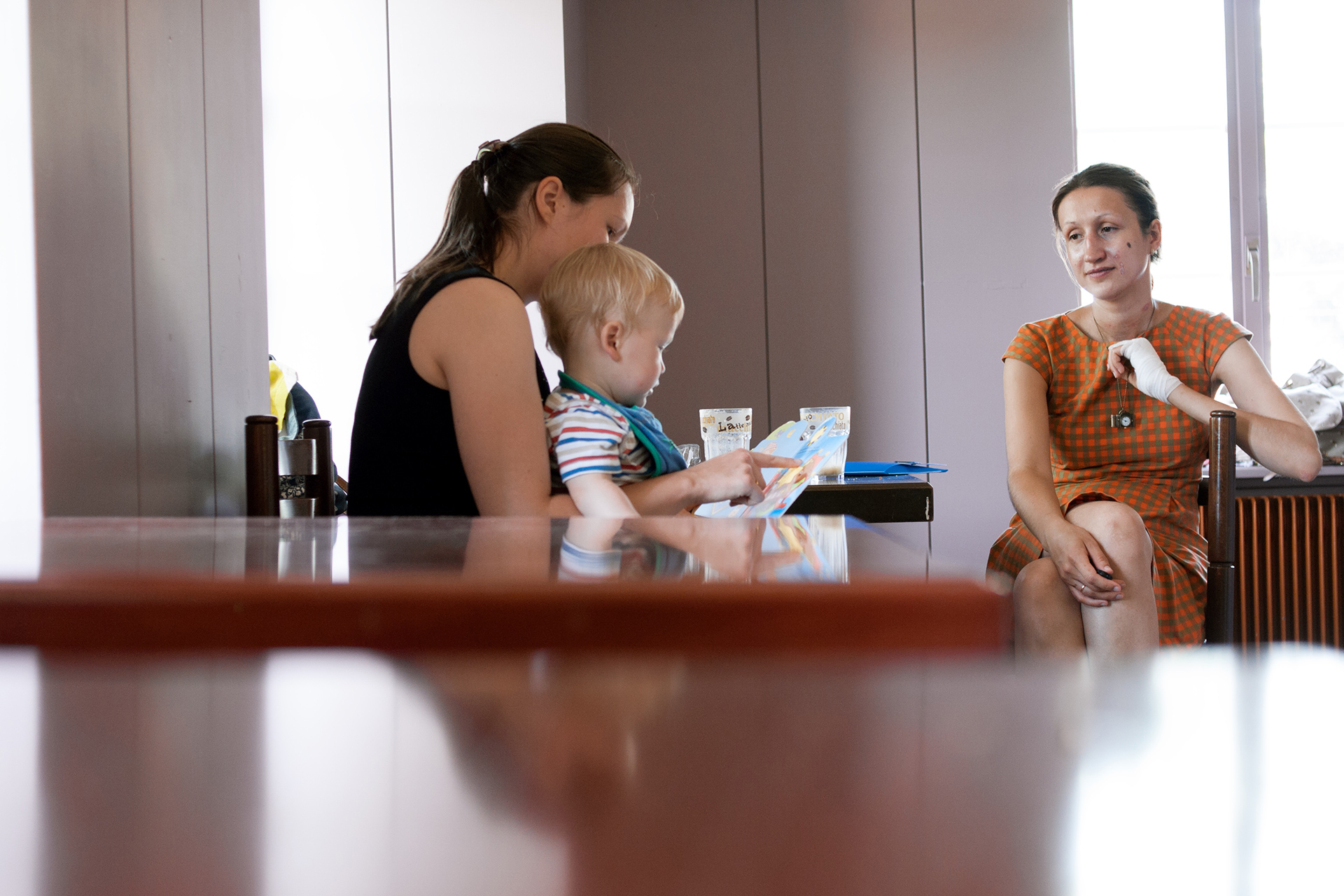
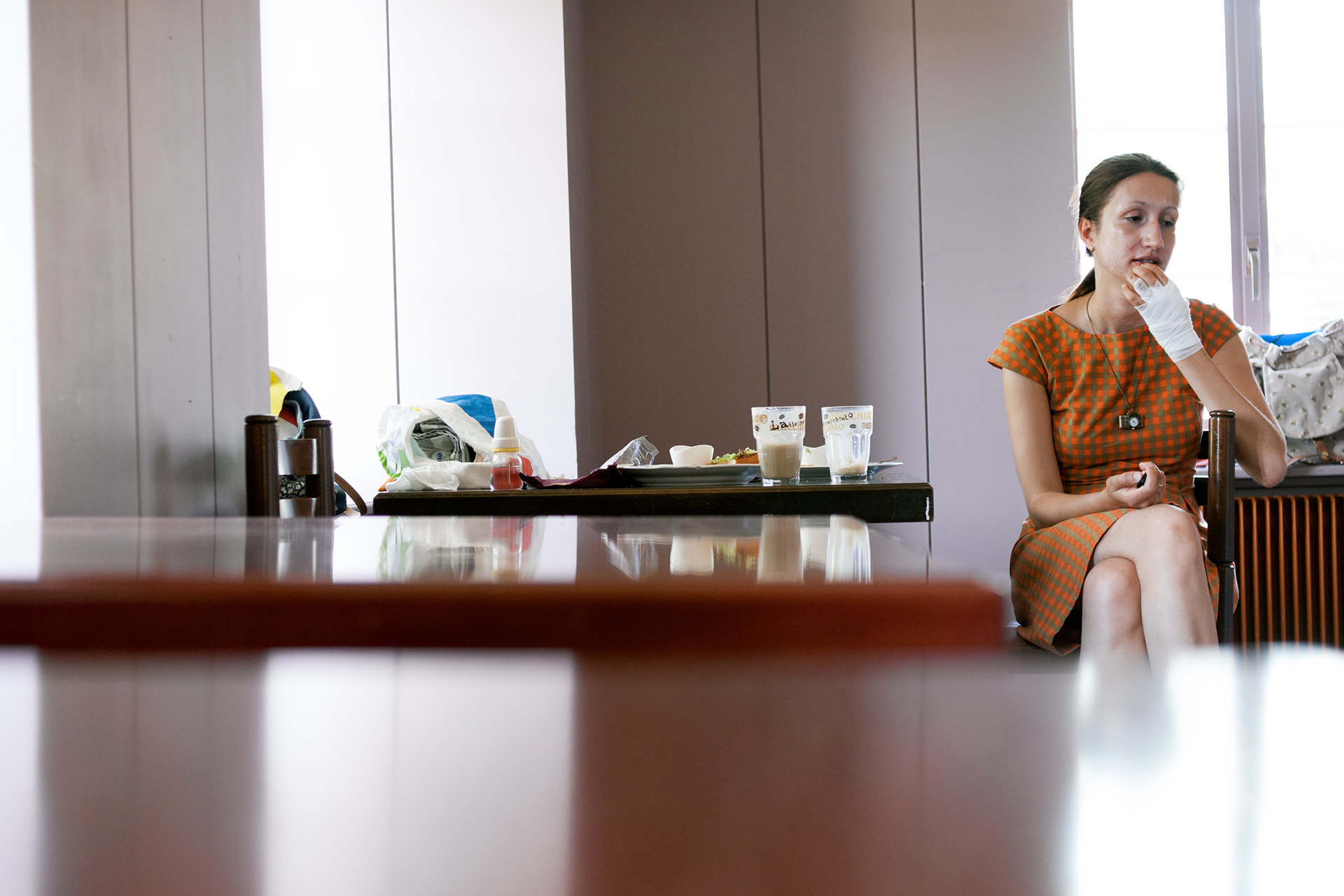
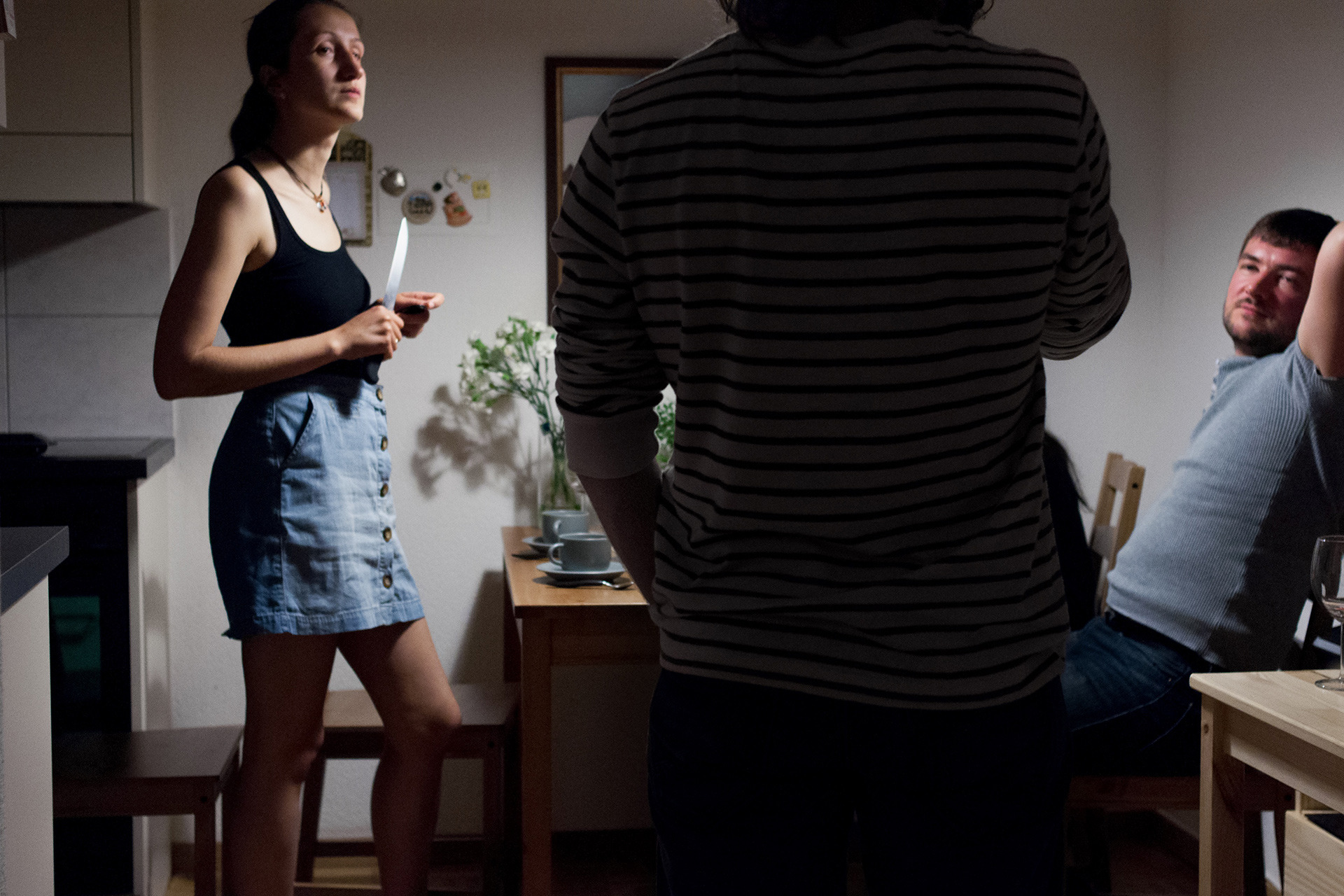
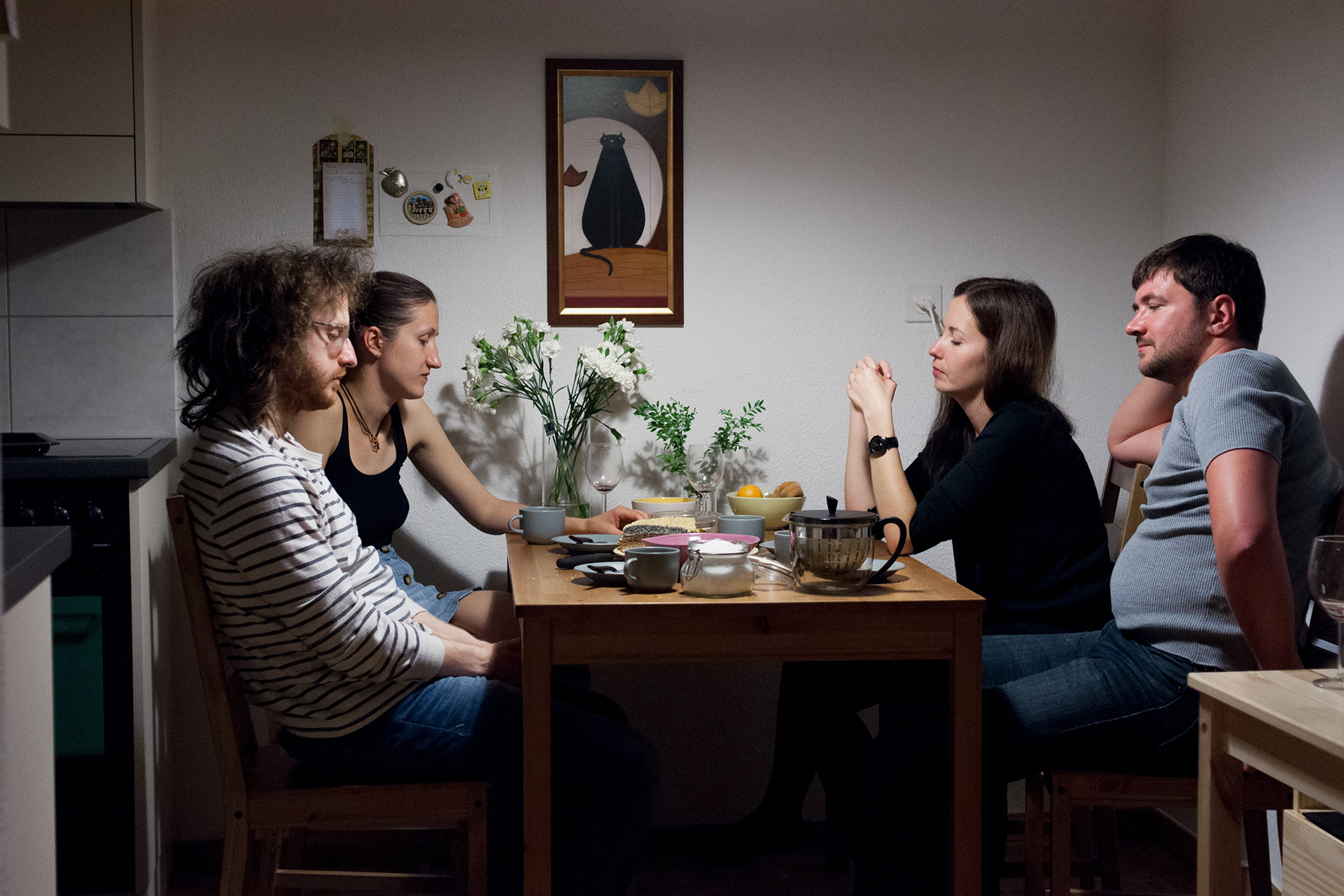
Every several weeks, there was a new face on our get-togethers. I learned to tell between British and New Zealand English, stopped automatically thinking that Russian speakers were Russians, read The Idiot on the advice of the Italian who was in love with Dostoyevsky, and found out about Pinochet and Allende from a Uruguayan. I made a friend from Australia who knew how to run away from goannas and suck poison out of a snake bite, but has never seen snow and didn’t know that Belarus and Russia were not the same country.
I started understanding that the world was very big, and I came not from its center — rather, it has no center at all.
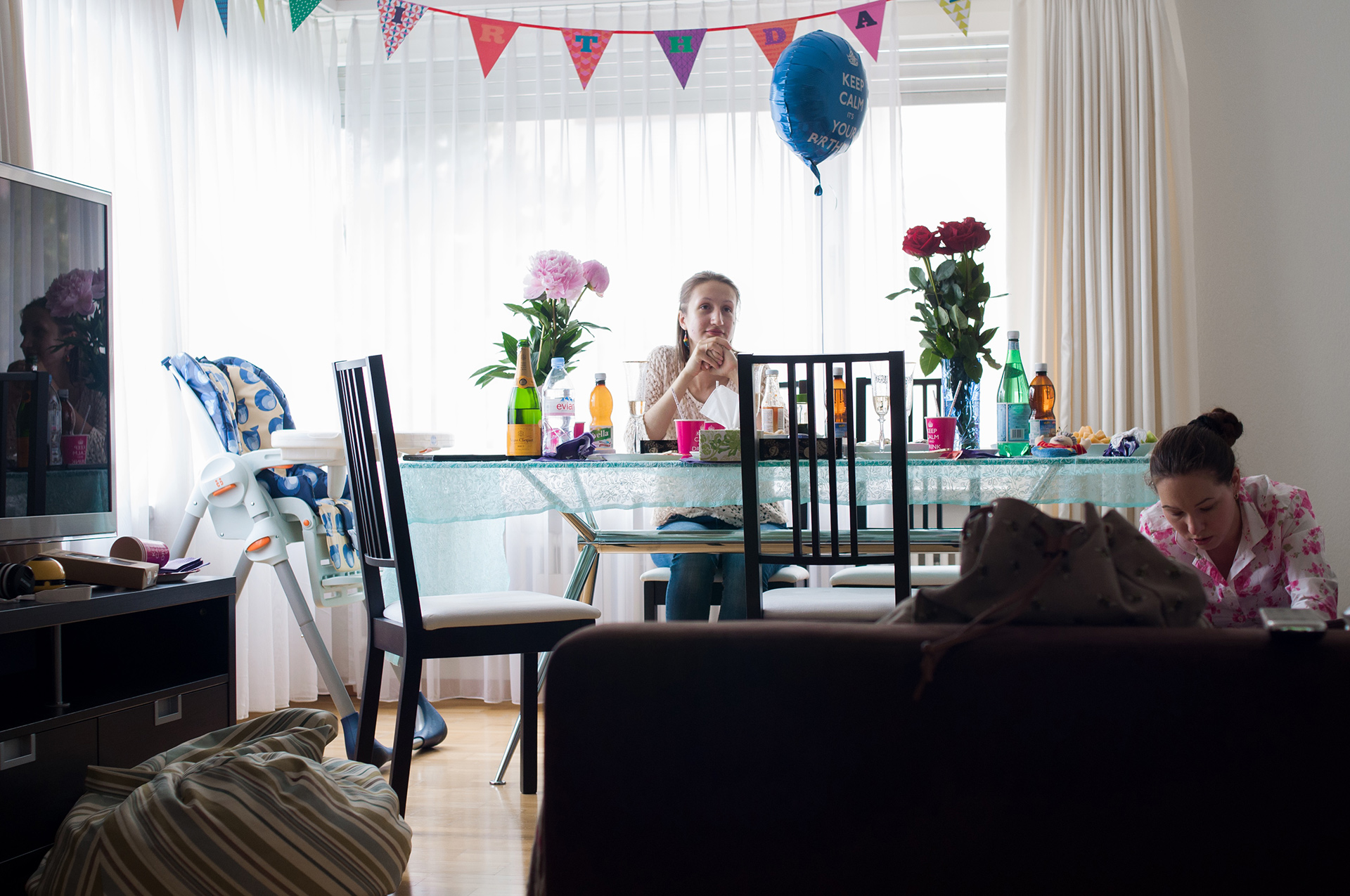

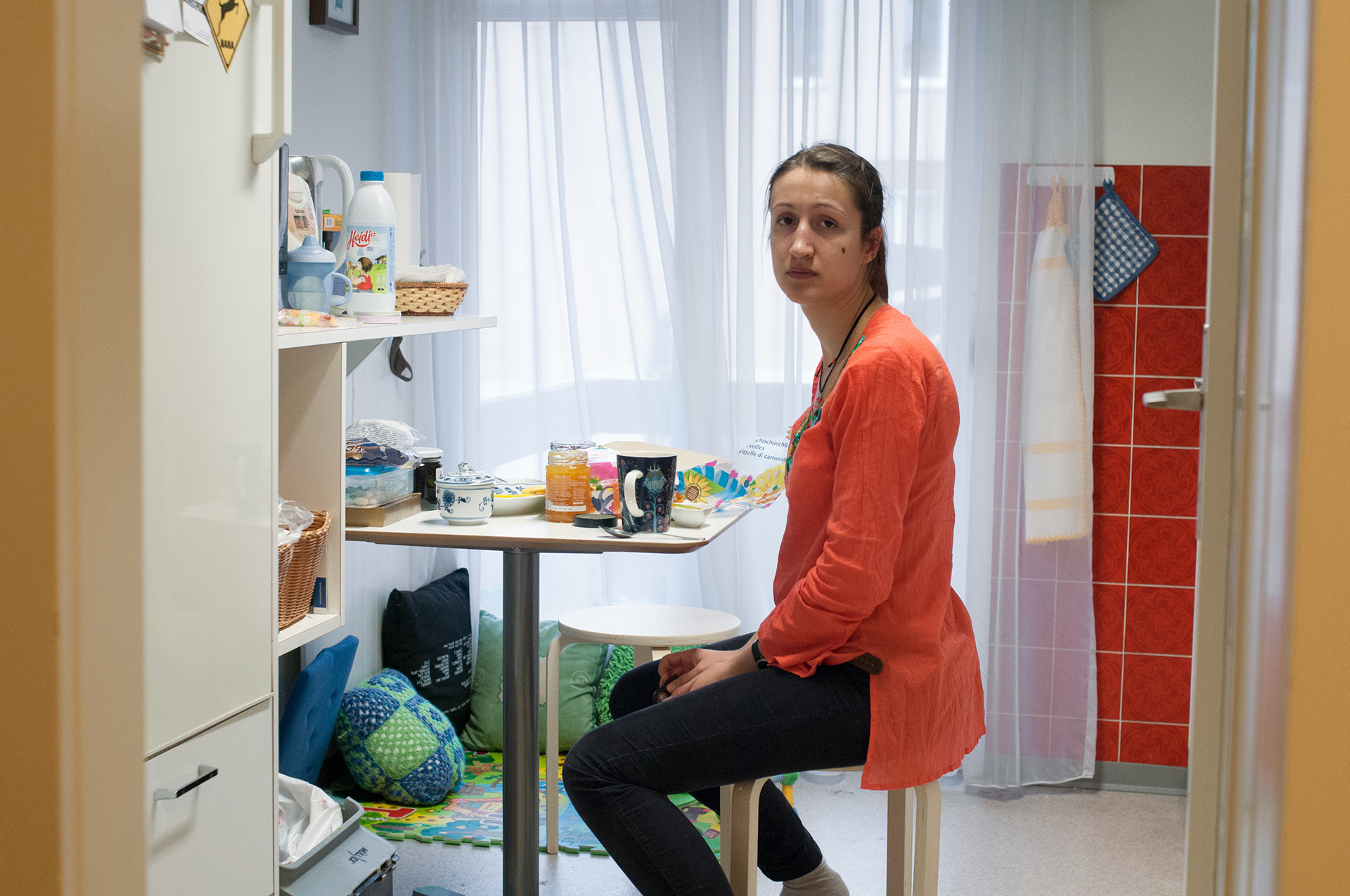
I am not sure that I could call Zurich home. I am not always good at it. I would want my apartment here to make me feel the same way as the home of my parents or my husband’s parents: feel homeness, security, and cosiness.
Working on A Google Wife, I realized that I can see a plot in my own everyday life, and learn to look at it with the eyes of an outsider.
